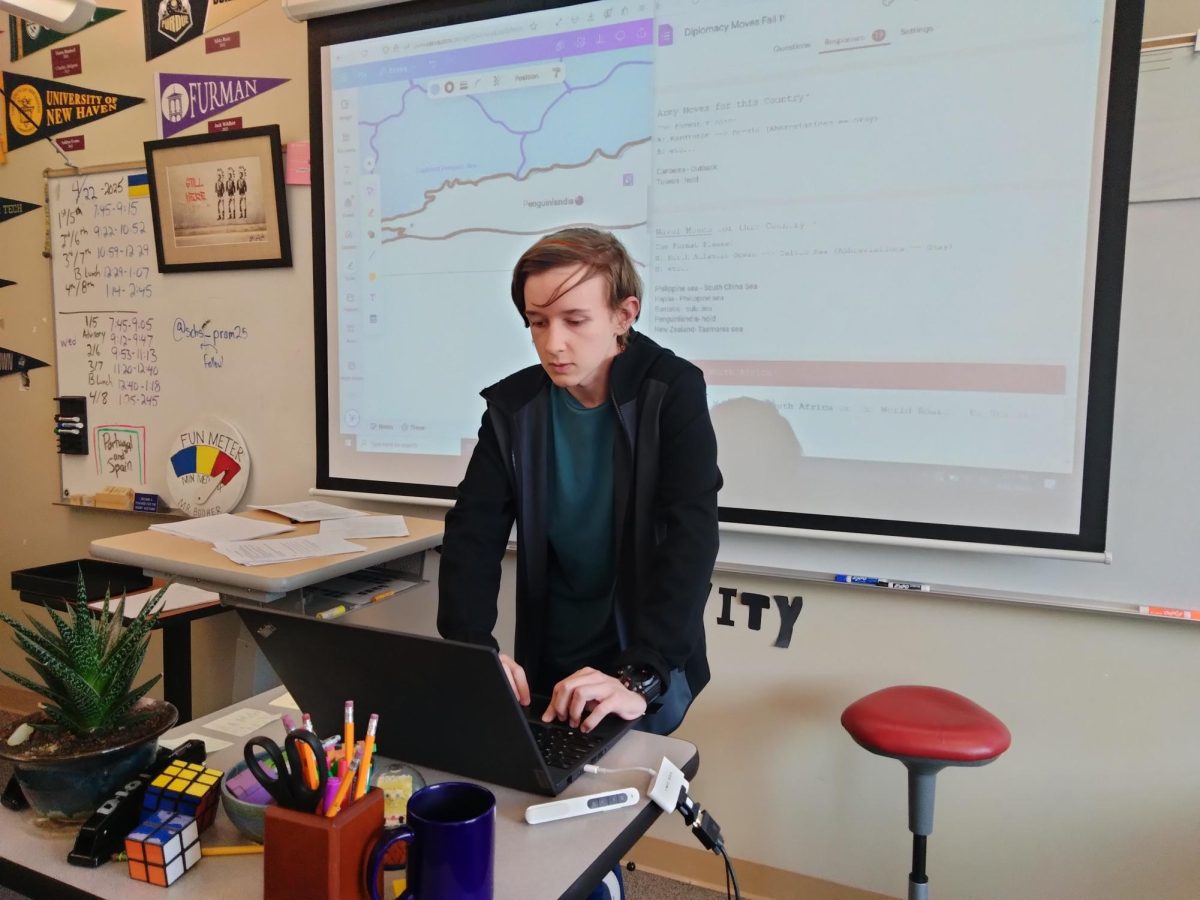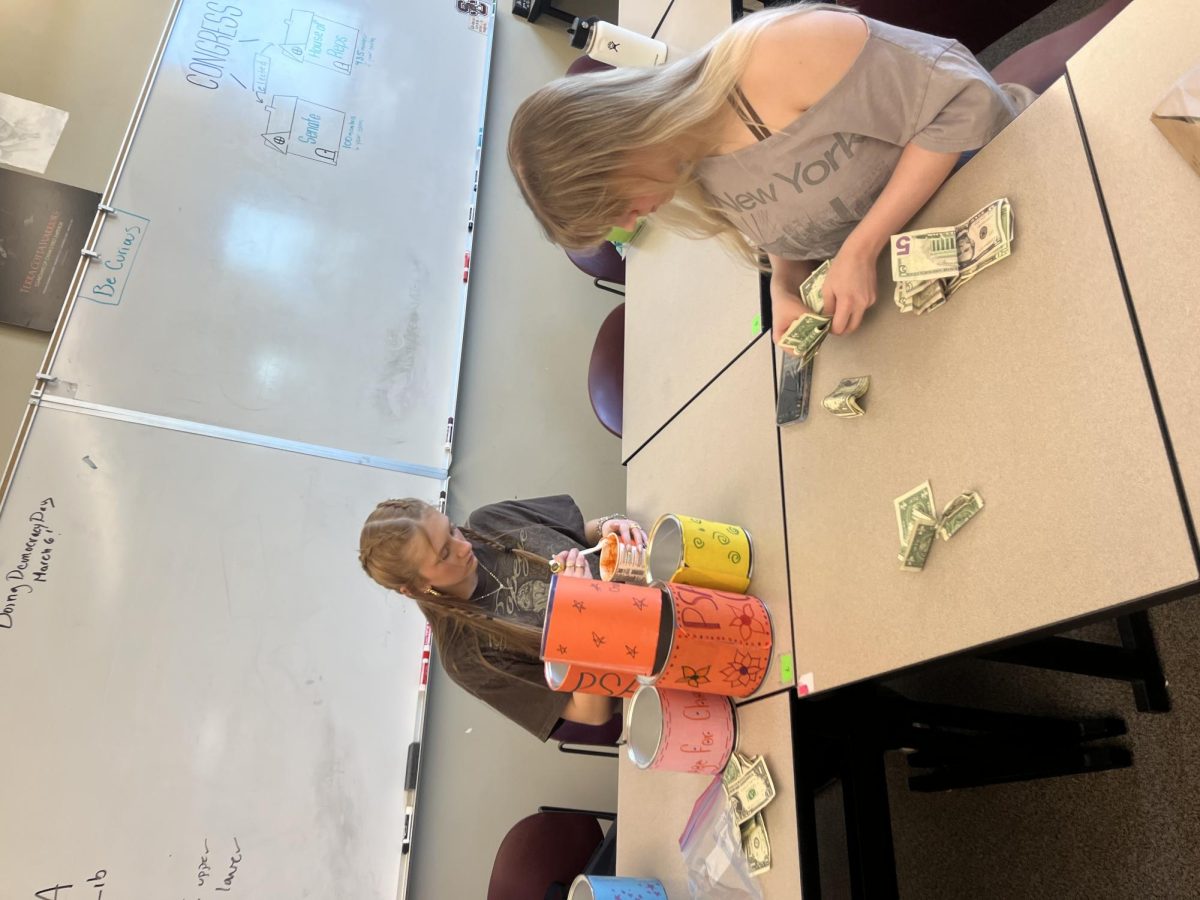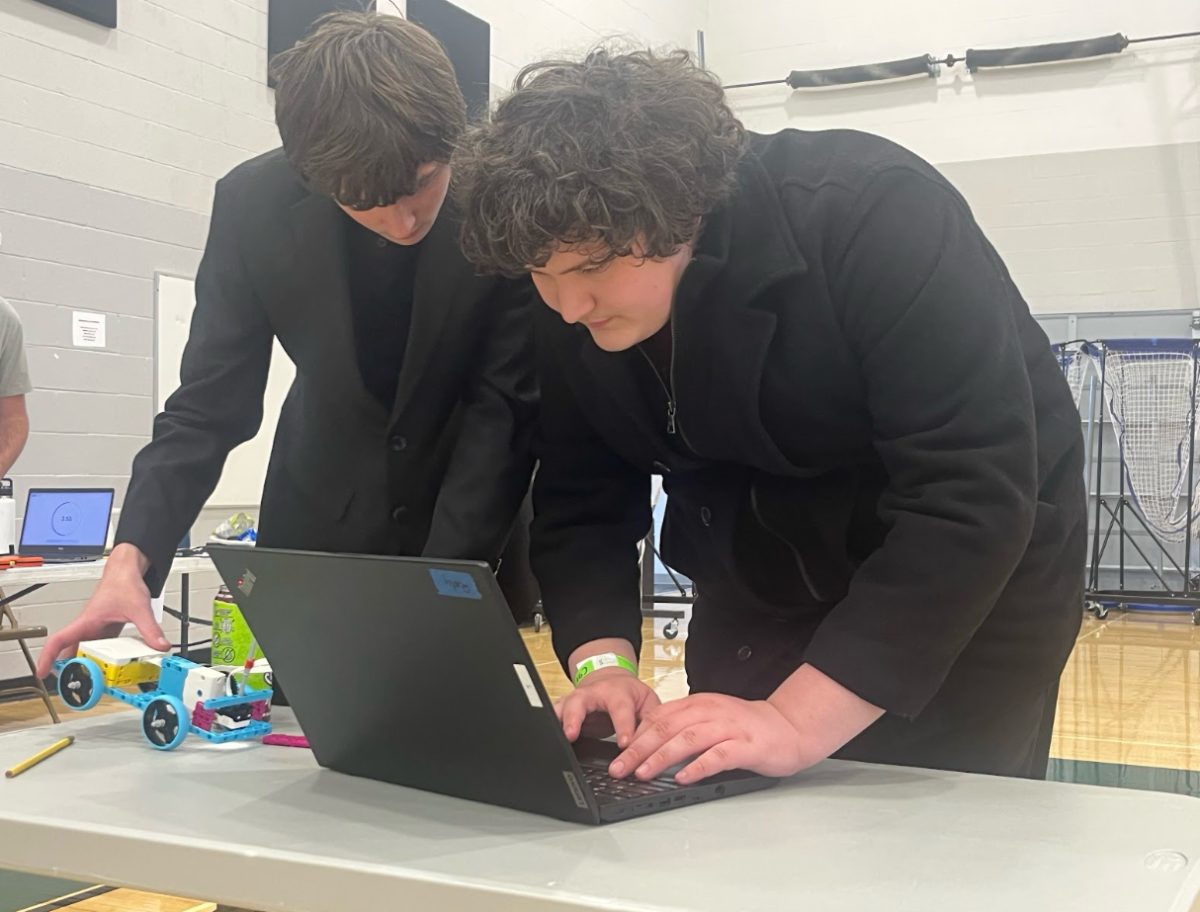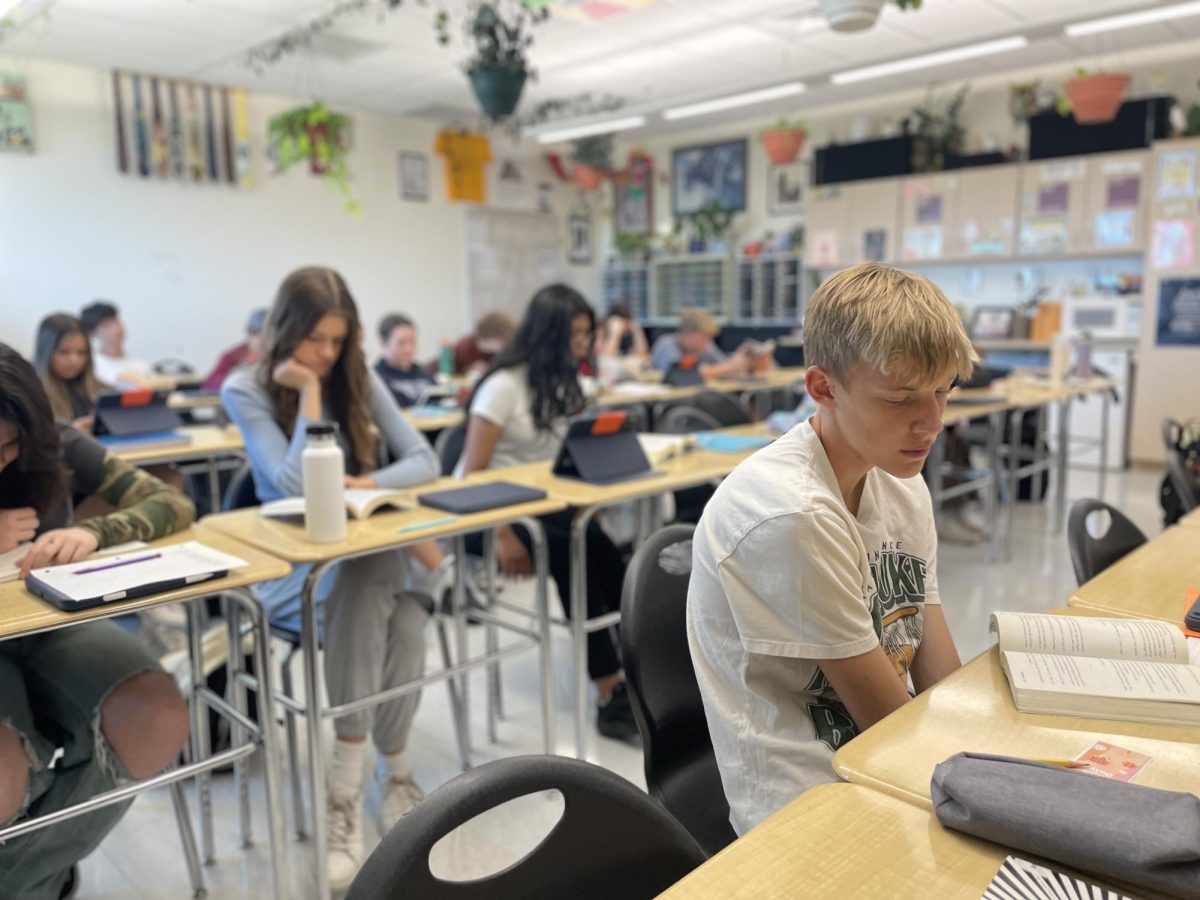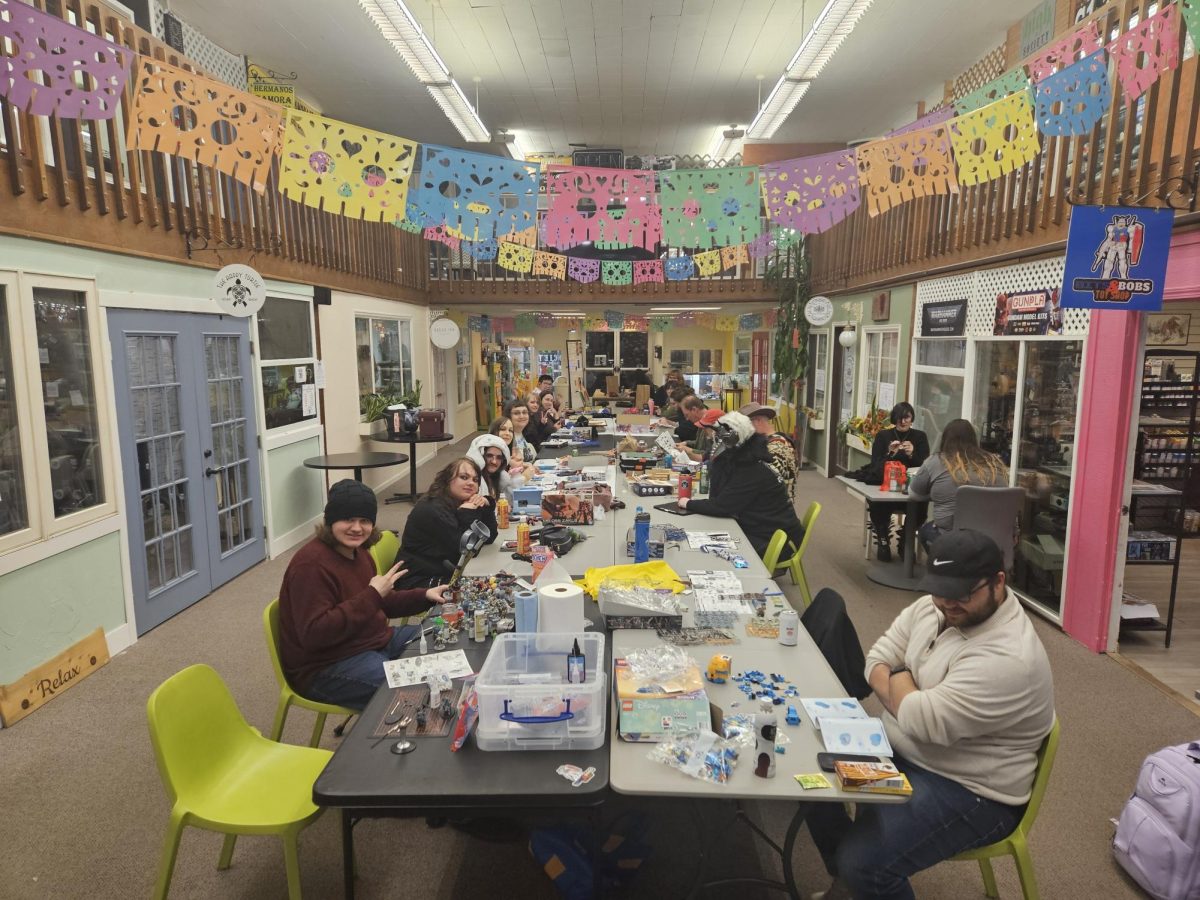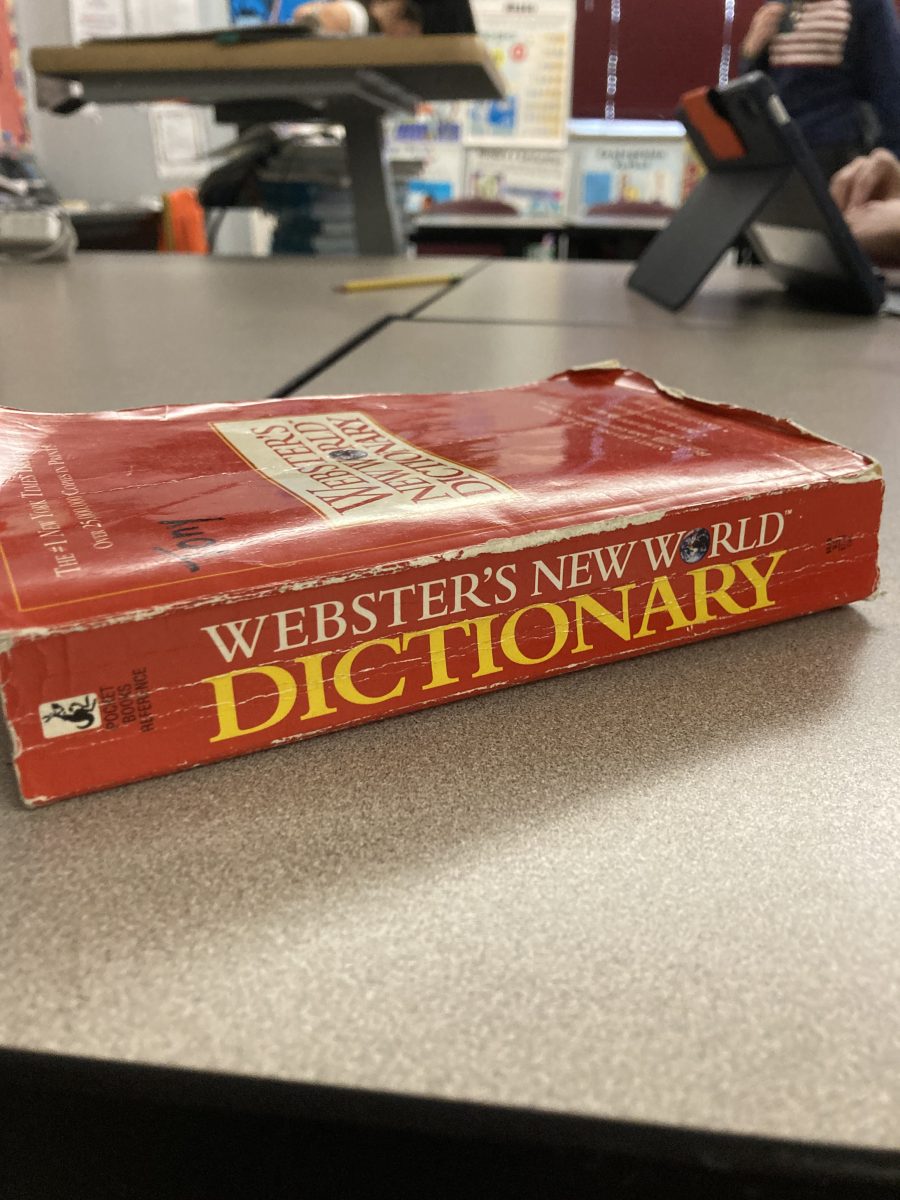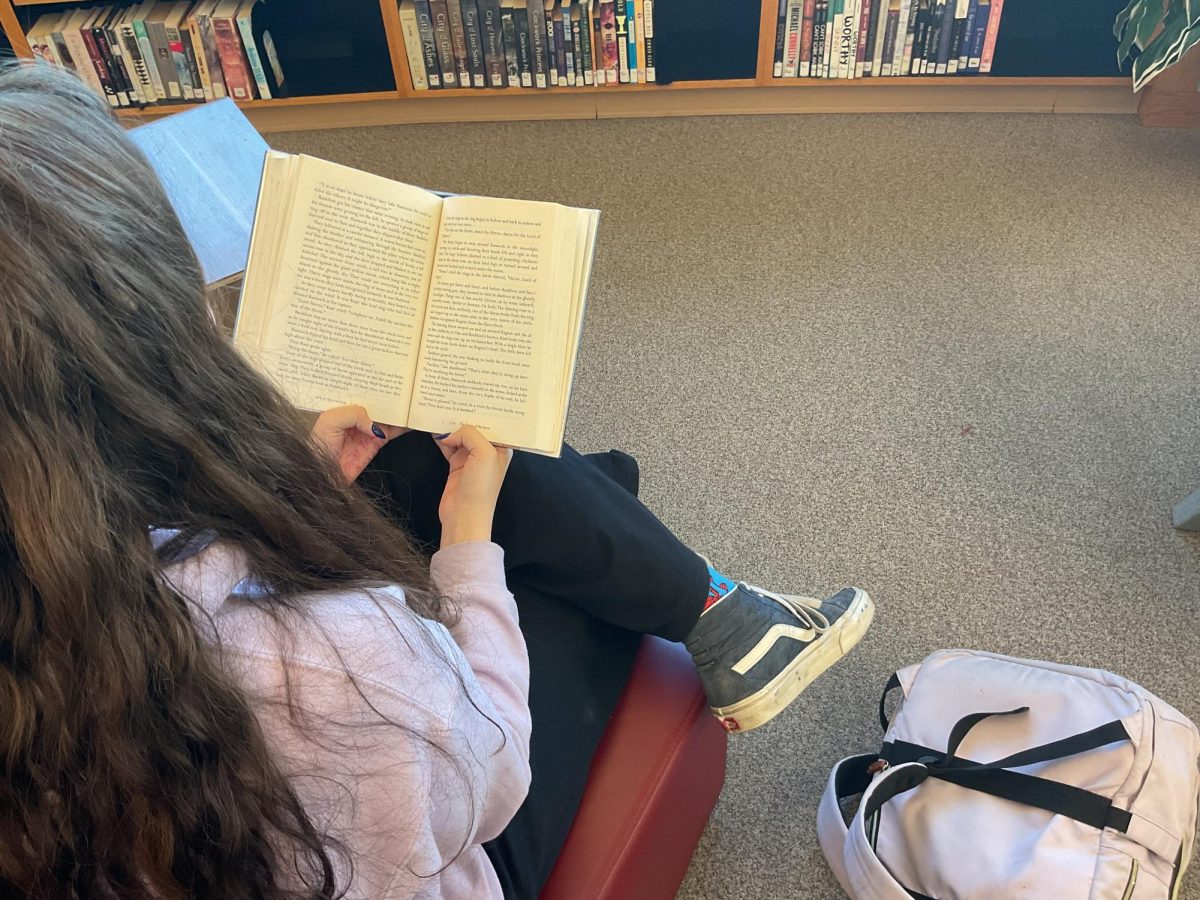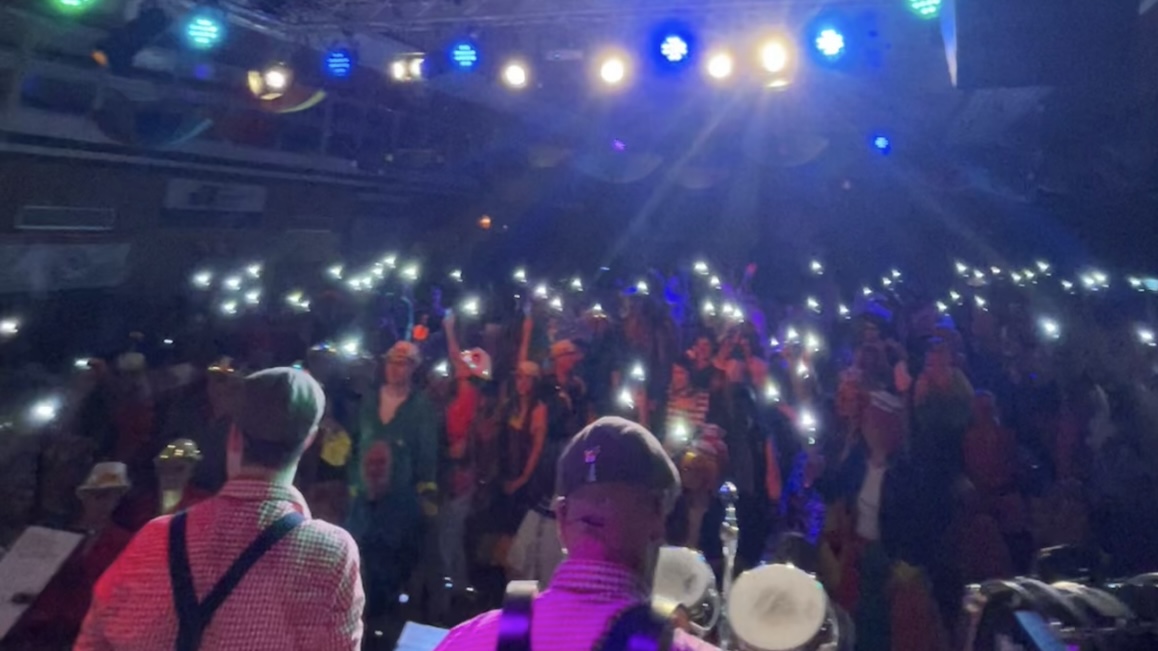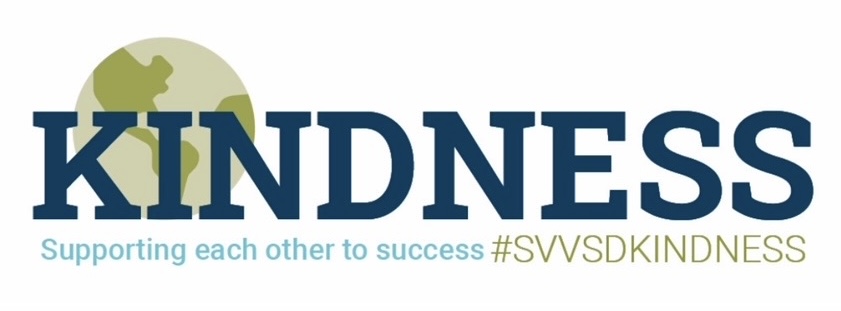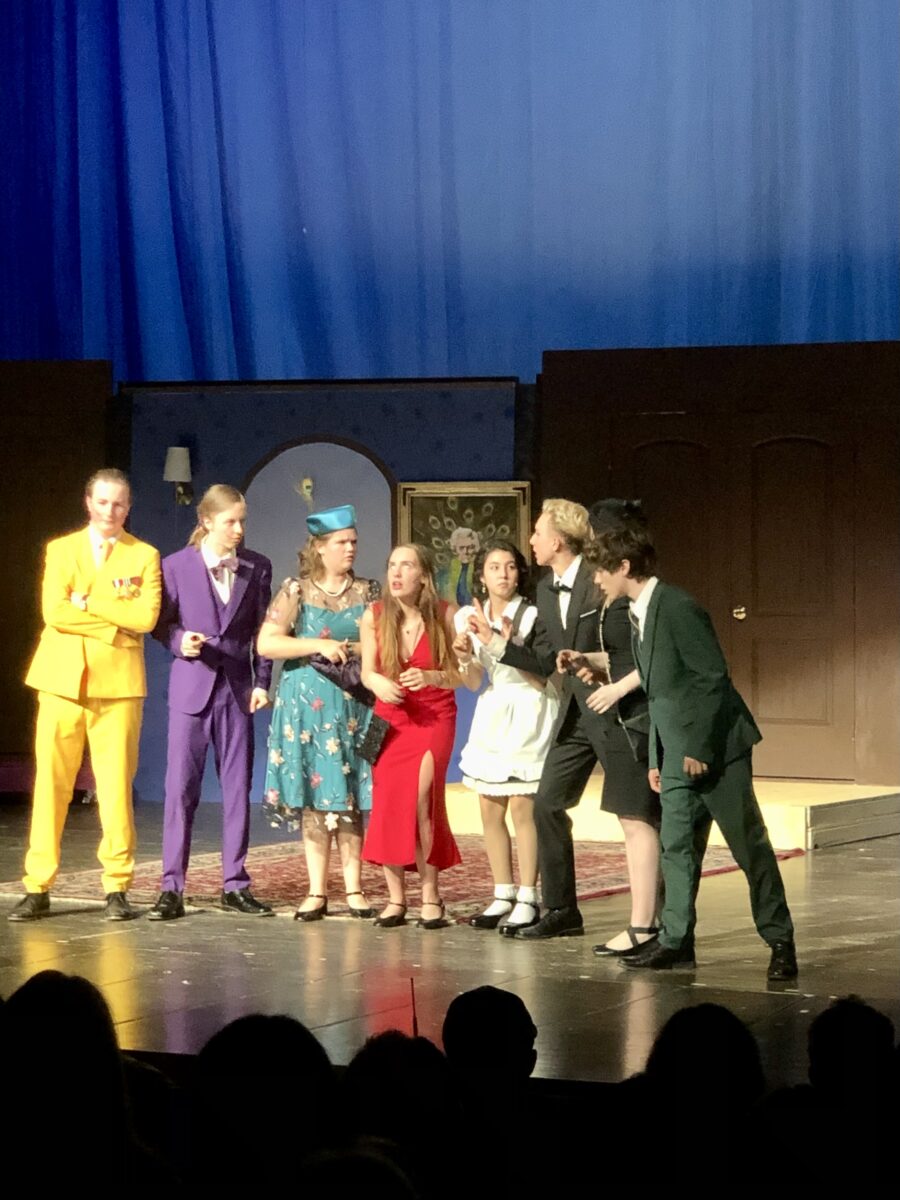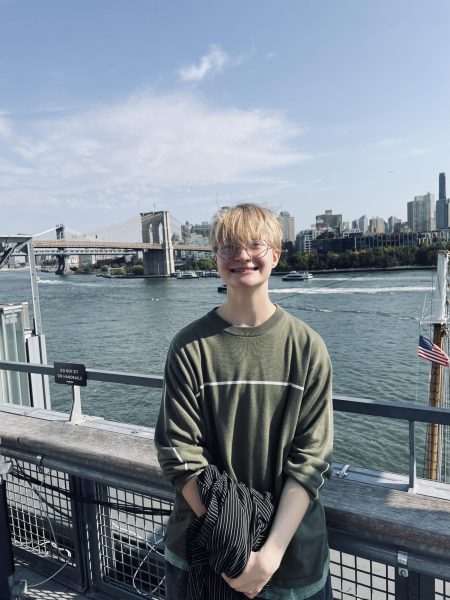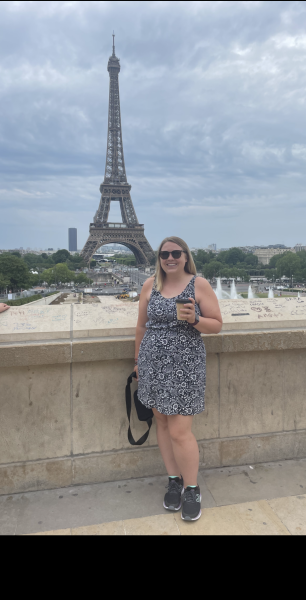When I was younger, I wanted to be the one out on the street, finding the real stories. ‘This is what I meant to do,’ I thought. My middle school English teacher encouraged me to pursue journalism; a field that I had known for years was a dying art. But I didn’t care, I thought that my voice mattered.
The moment I was in high school, I enrolled myself in the journalism course., I took notes on the structures, and the techniques, and conducted interviews. I cared.
At the end of my first semester in journalism, when I was offered the role ofas an editor. I felt special, like maybe I could be somebody. I was a passionate kid with a yearning for justice. I thought Journalism was the way I could change things by exposing what was really going on. Maybe if I documented how many oil wells are being built around us and had them somewhere where people could see they would try and change things too. Maybe if we exposed real people‘s real experiences and humanized them more people would care about our systemic issues. Journalism felt like that way to change.
For my sophomore year of high school, I spent it as an editor, giving other students feedback on how to make their work better. Next to every single piece I read and wrote felt perfunctory, disingenuous. There was this point when it started being about the grade and the number of articles you produced and not about passion. In turn, I lost that passion I had when I first started out. Talking about things like club meetings, and after-schoolafter school events never made me feel anything, words became meaningless, like somebody smashed their keys and showed themit to me.
I always loved editing articles where there was a lot of passion behind what they were talking about, even if it was just about the CETC welding course because it was clear that the student that wrote it loved it. I loved seeing articles wherewhen there was wordsmithing used to illustrate some kind of overarching theme. When every choice felt deliberate, there was thought behind the words. I think that’s what we need.
Journalism should be an avenue for passionate people to express their creativity. Writing is art. Free speech is art. I think, for the most part, we’ve lost sight of that.
Maybe it’s because most people join journalism just to get what they think is an easy English credit. They think you won’t have to write anything or put thought behind their work. It’s all about meeting quotas, and that is really disappointing. It is frustrating that it has to be like that or they wouldn’t do anything, people would be unmotivated. Our ability to encourage that passion has been decimated to the point that kids try to write with ChatGPT. This program and this field, in general, in general was never meant for people who don’t care. If that was the case, there wouldn’t be journalists out there whothat die every day to give us the news from the inside out.
If you want to be a writer, you can’t just talk about the basics of news reporting, you have to talk about the devices that can be employed to make it feel genuine. There’s too many people that don’t care about it. Or about anything. They play games and they make fun of you when you speak. I’m here to help people flourish. I think that’s what I always wanted and I have lost sight of that with the amount of disinterest people come into this class with.
I know that Kaelyn Vargo and myself both love the expression that we have in journalism and I hope that going forward we can create a program where that passion is fostered and melted into something beautiful. It’s starting to show in the smallest ways with younger journalists. If we do this, then we as the editorial staff will make it our mission to give that out to you all. We should be the people who get in trouble because we care enough to write about real problems; we should make people cry with the intensity that kids can love things.
I want that feeling that what I write matters, that feeling that I had when I was 15 years old. And if you want to make a difference or help people then come right in, the door’s always open and I’ll support you in any way I can.
Thank you,
Lilly Wetzel
Editor-in-Chief
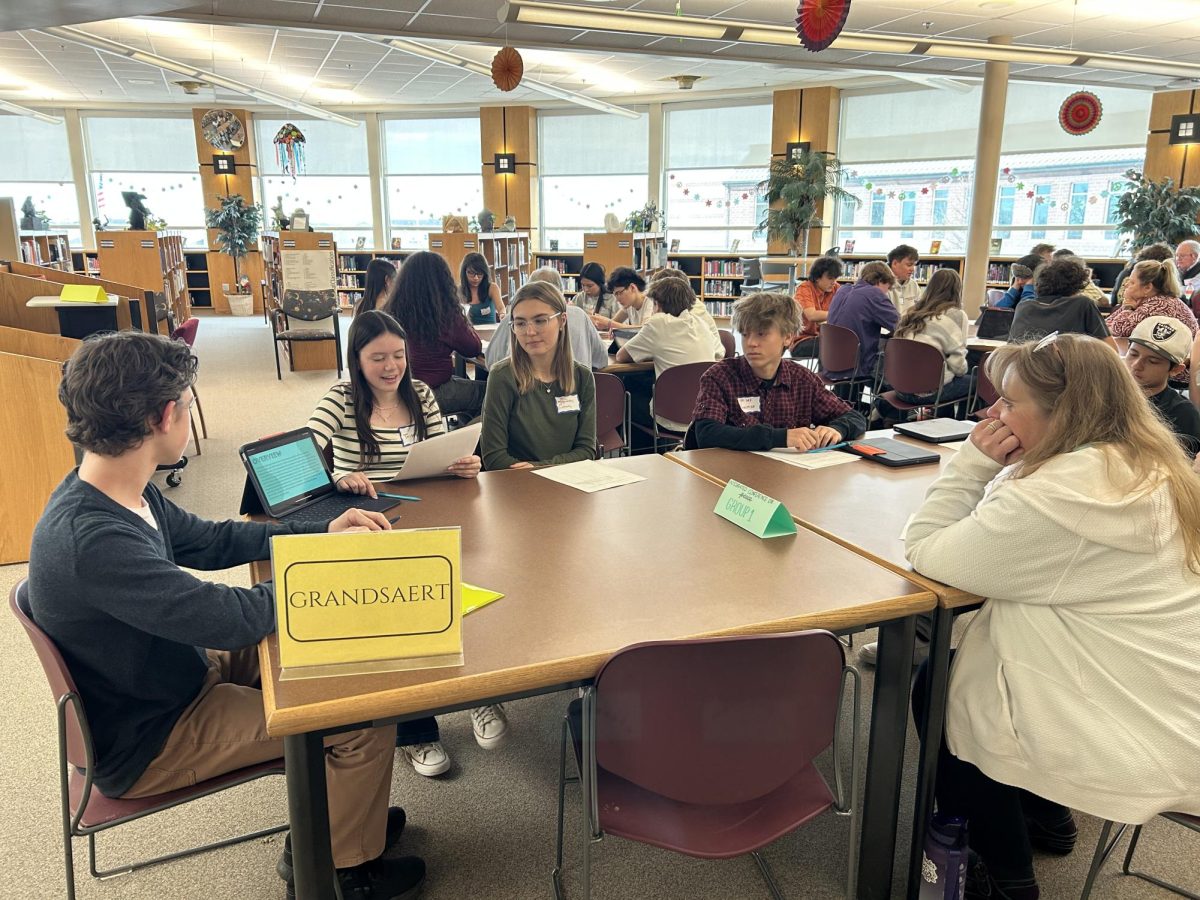
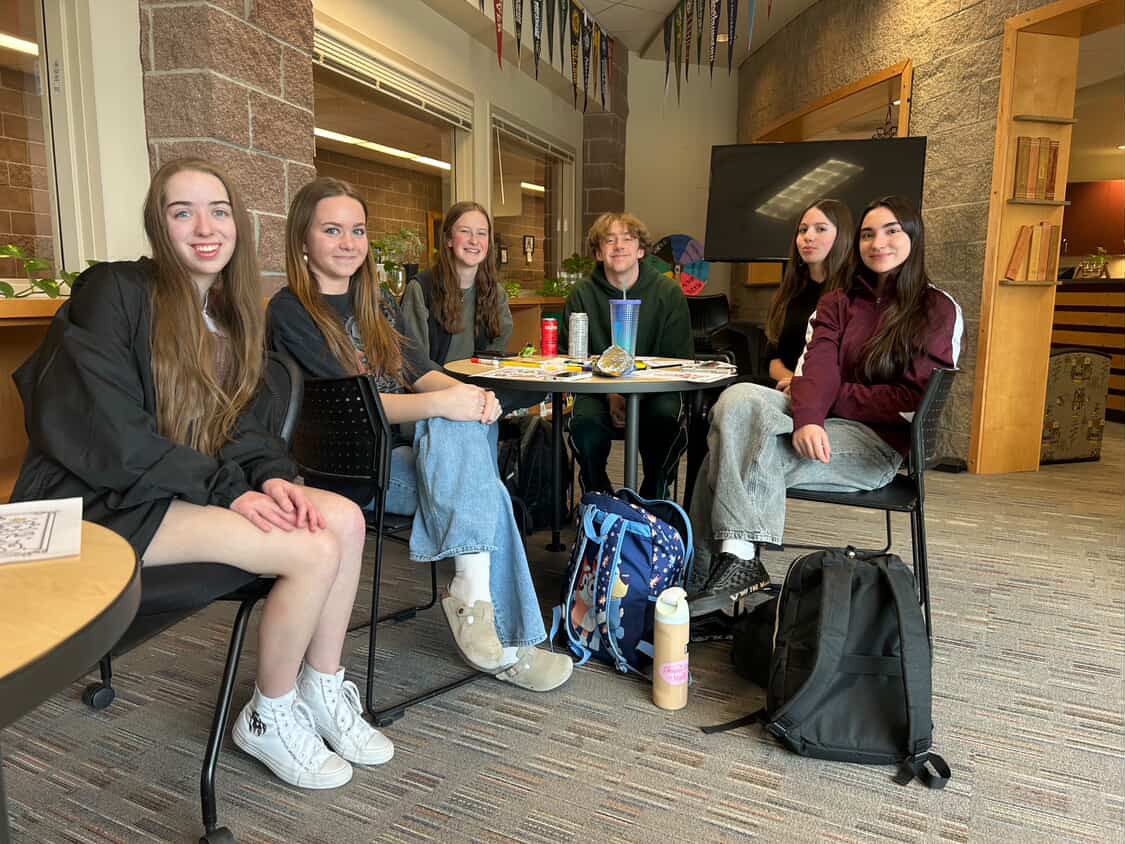
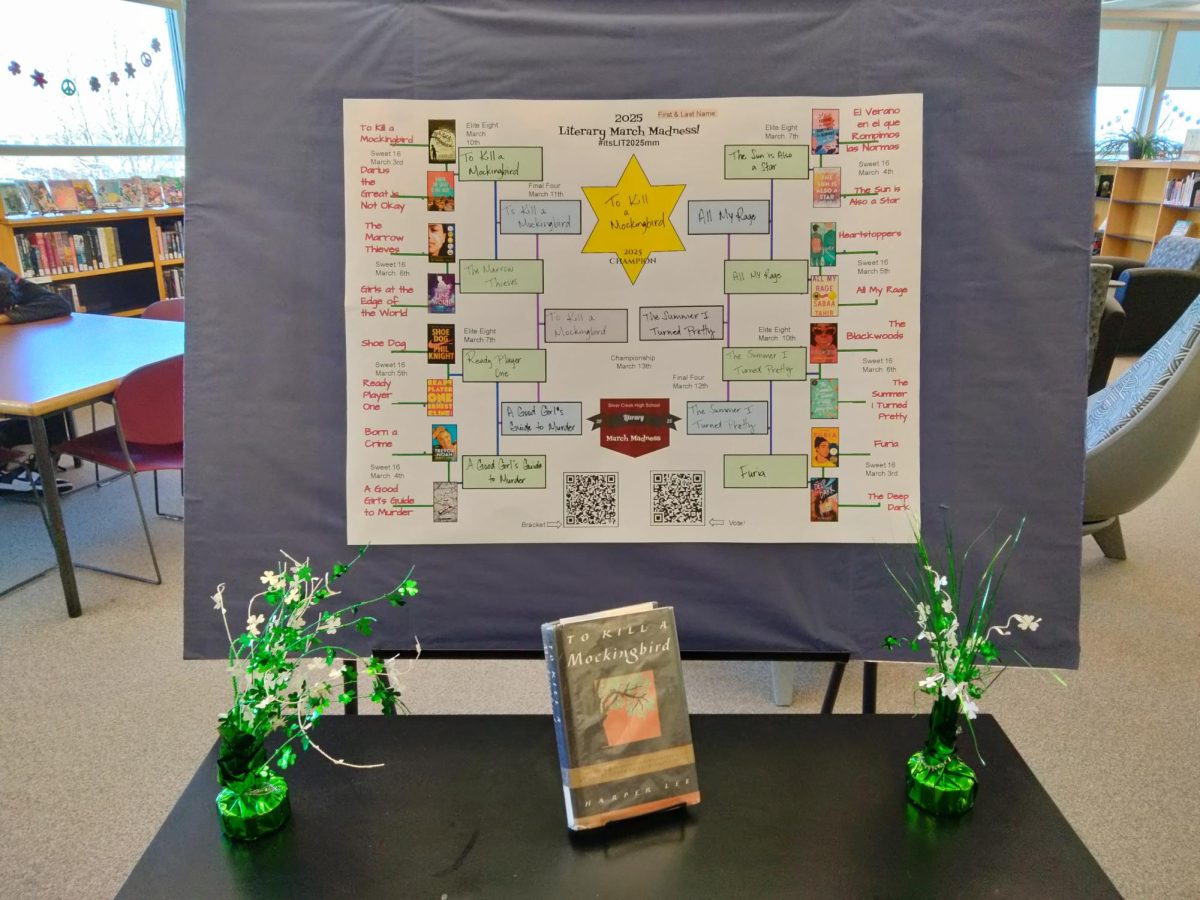
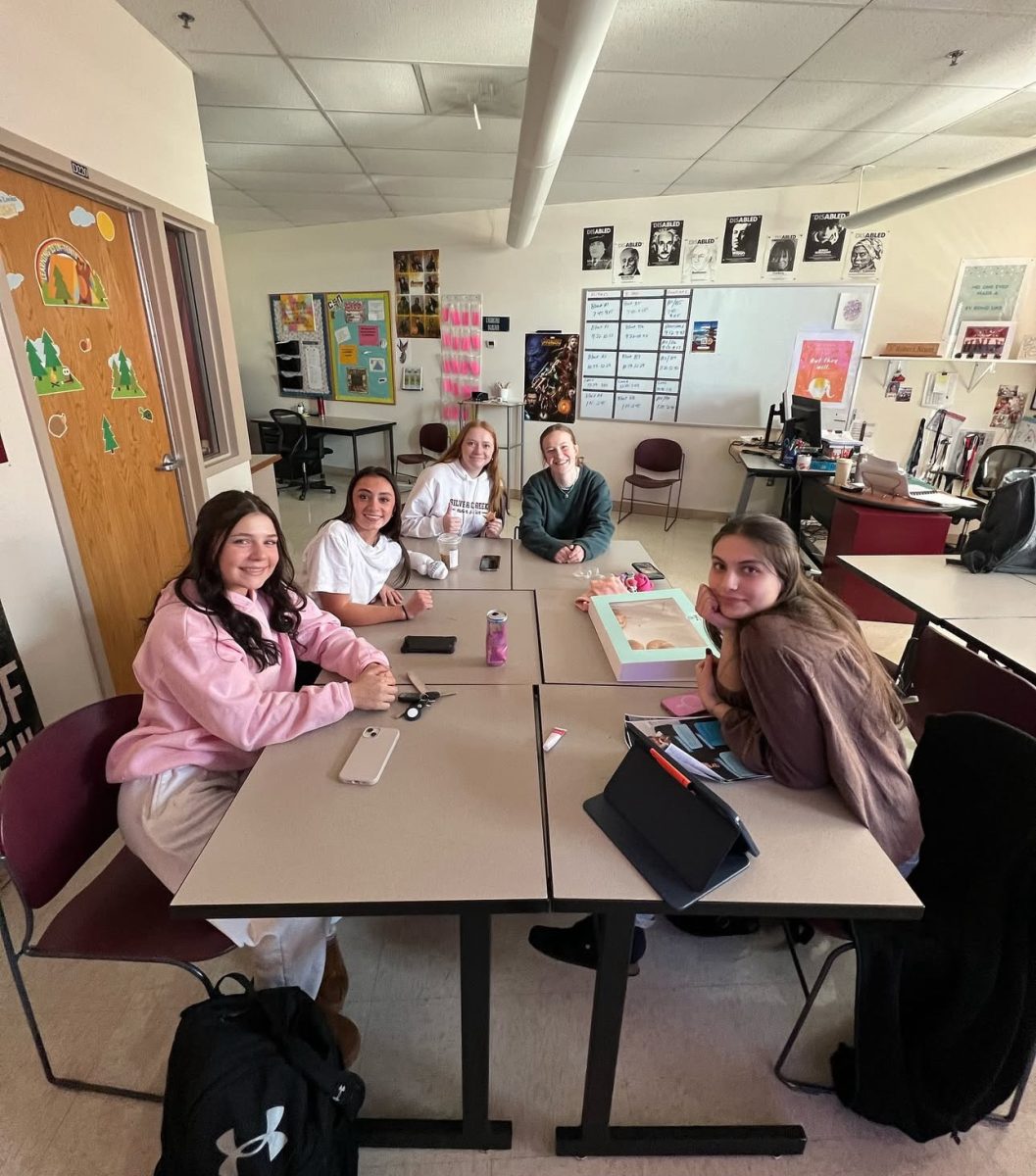
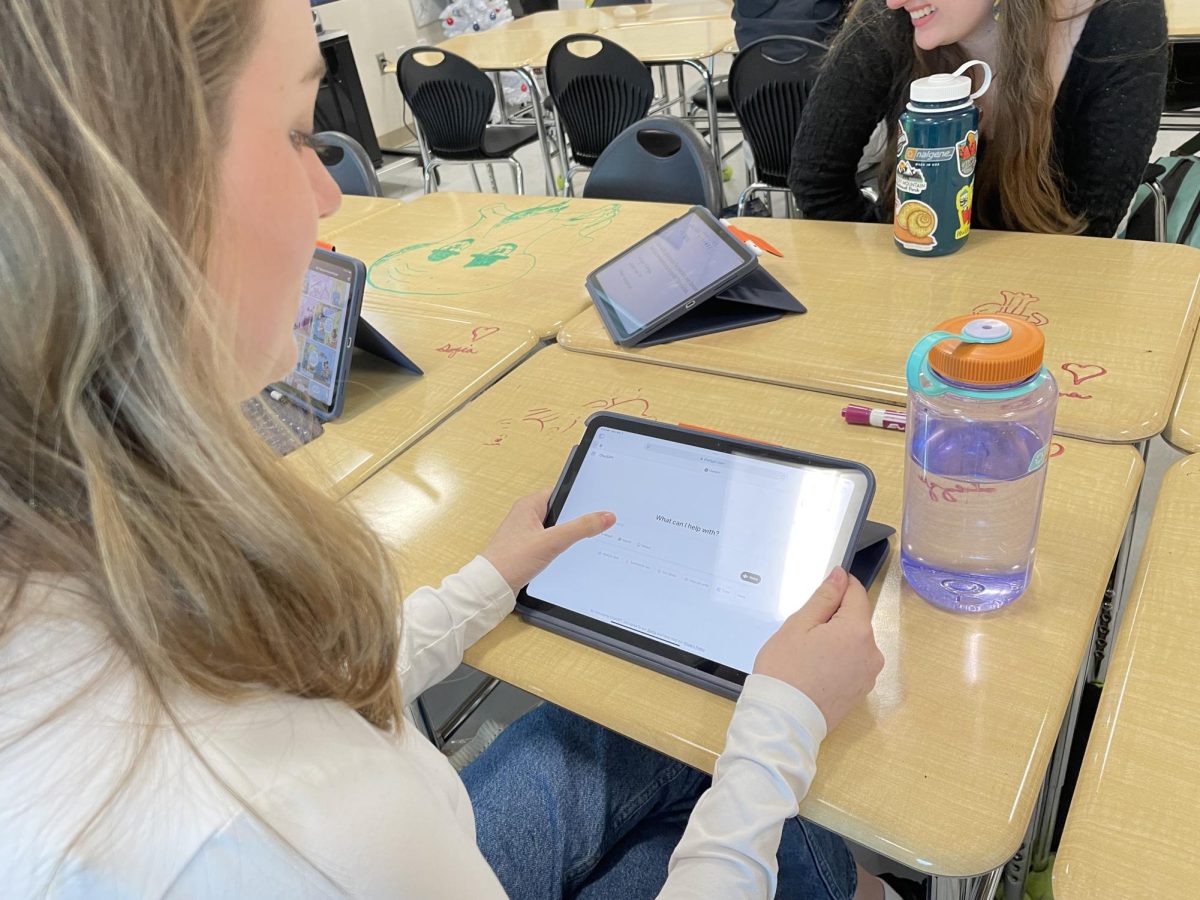
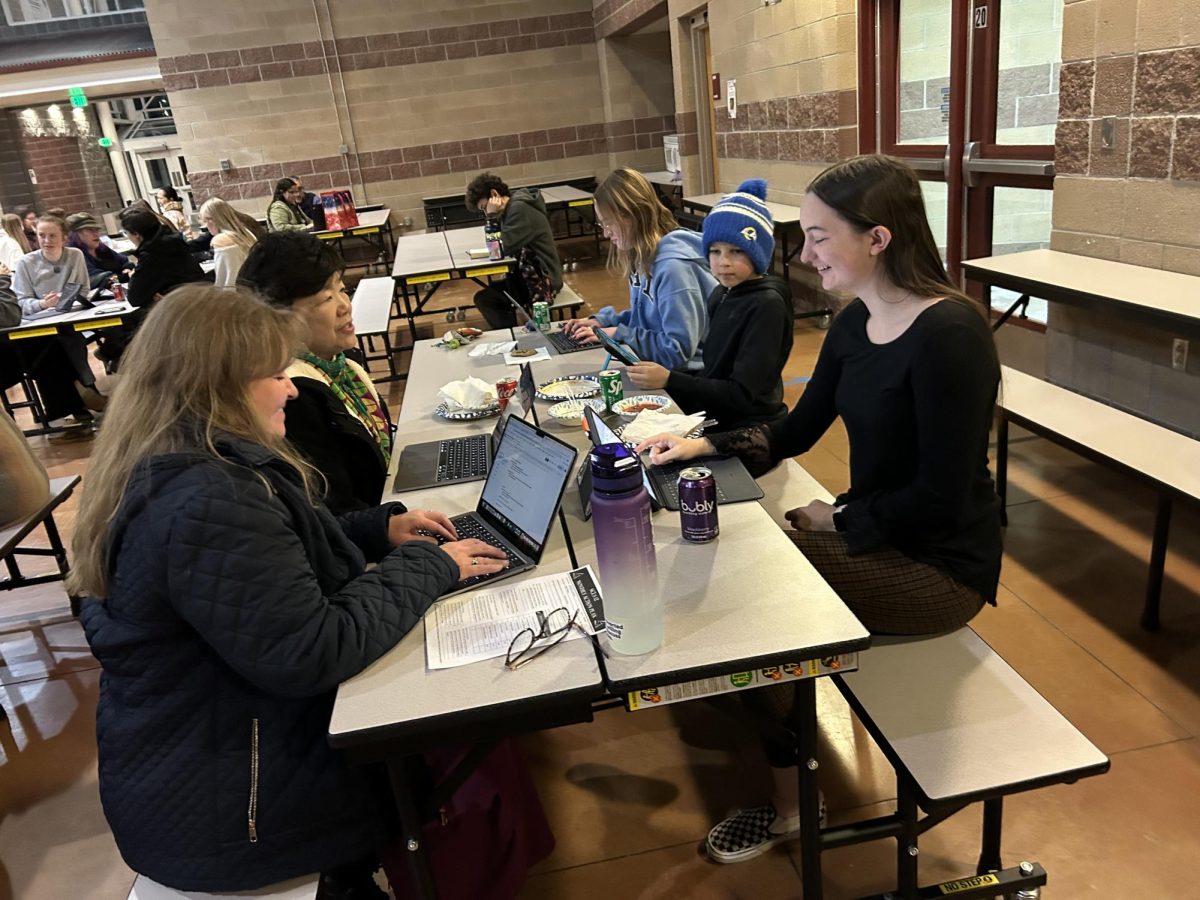
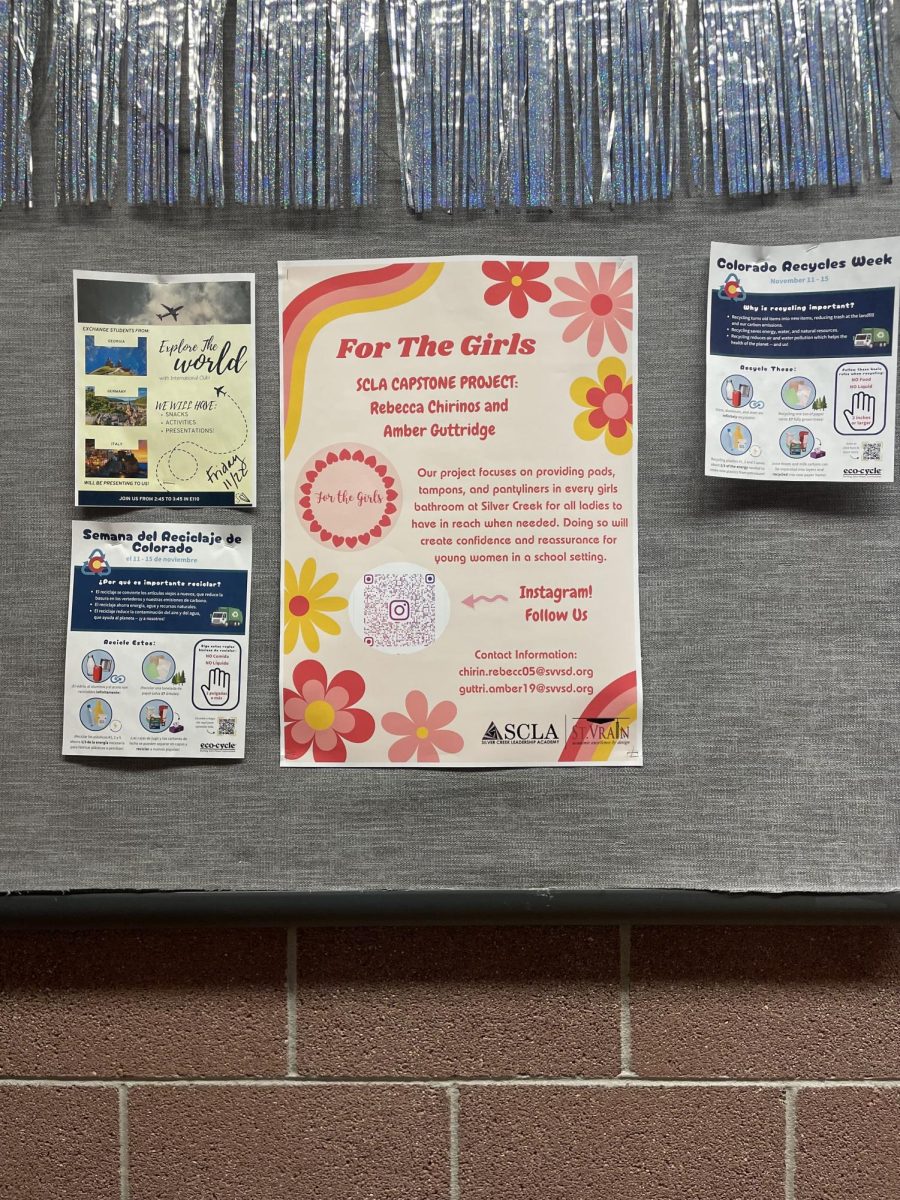
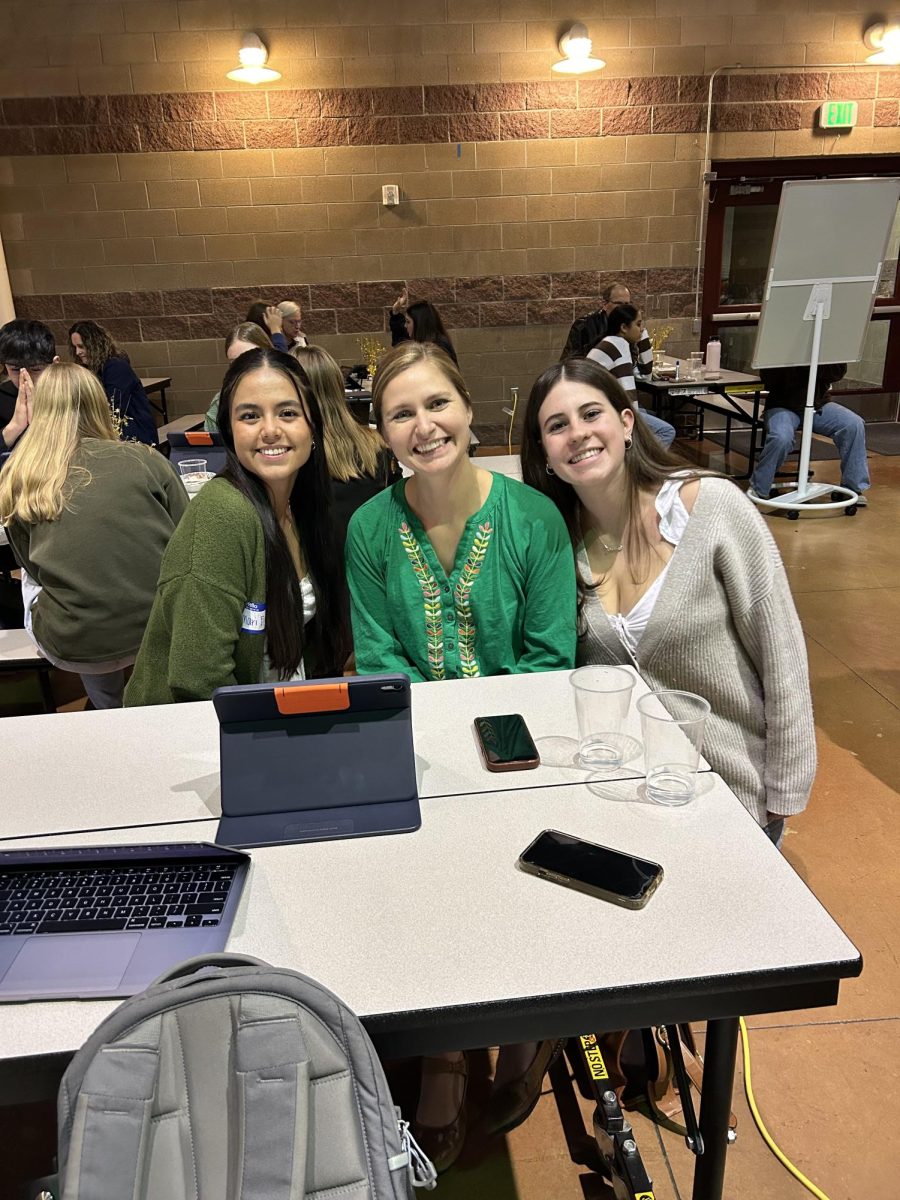
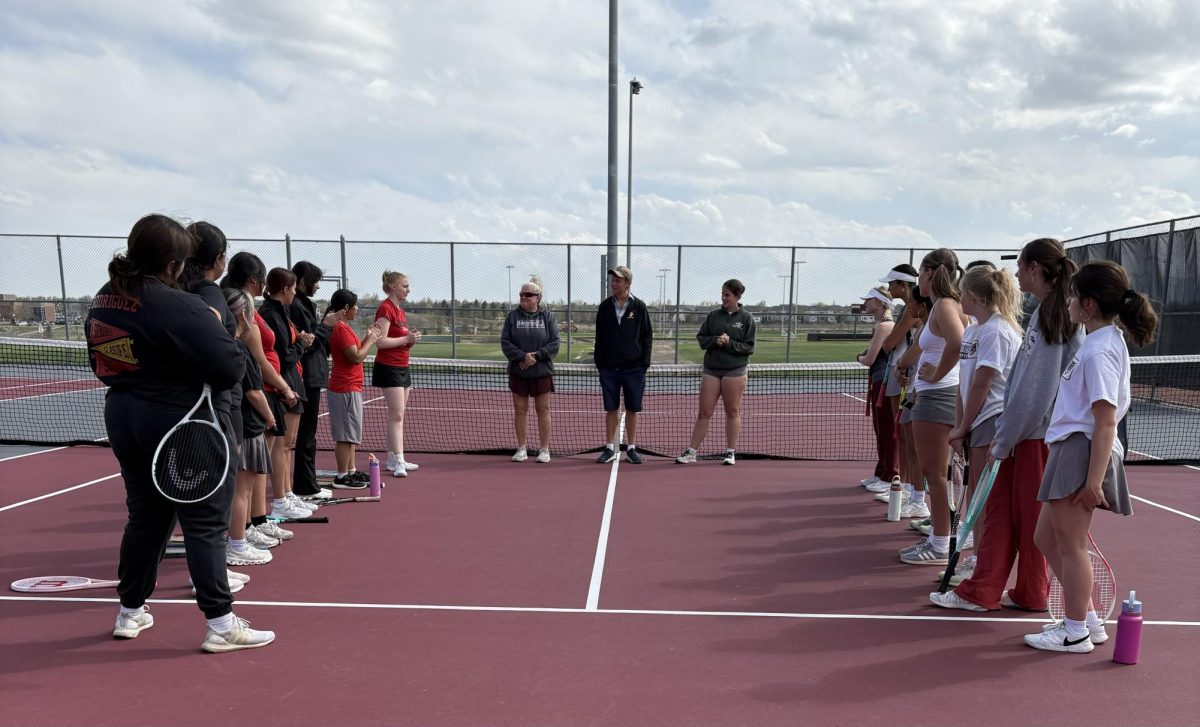
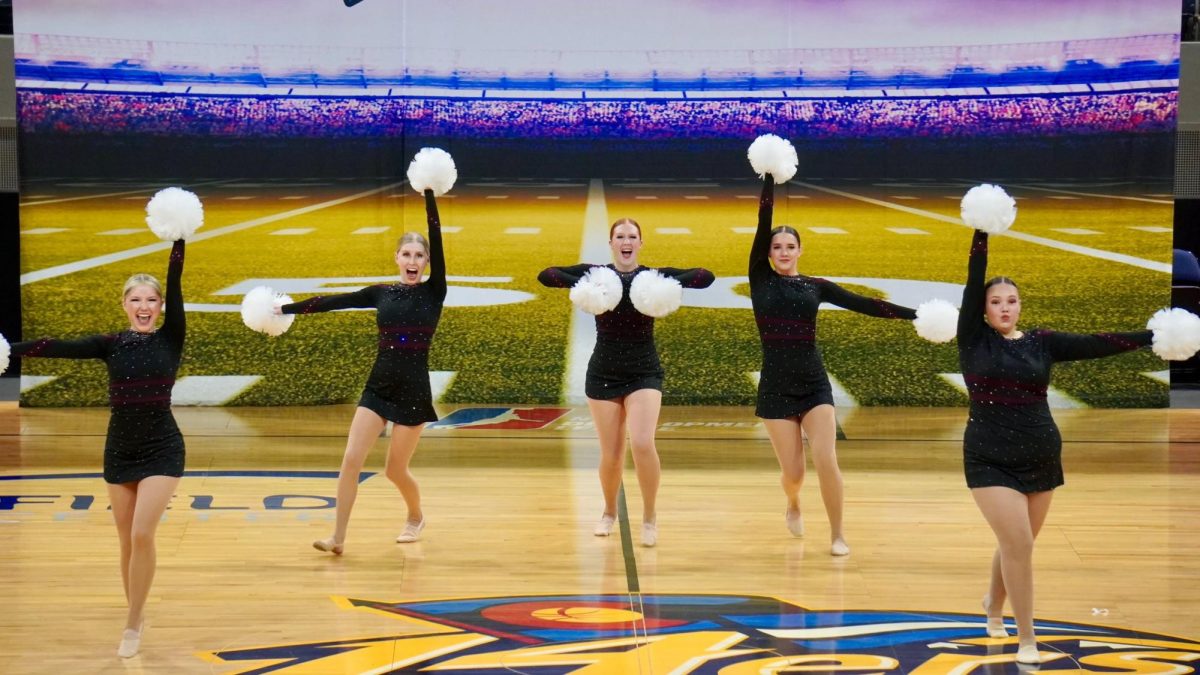
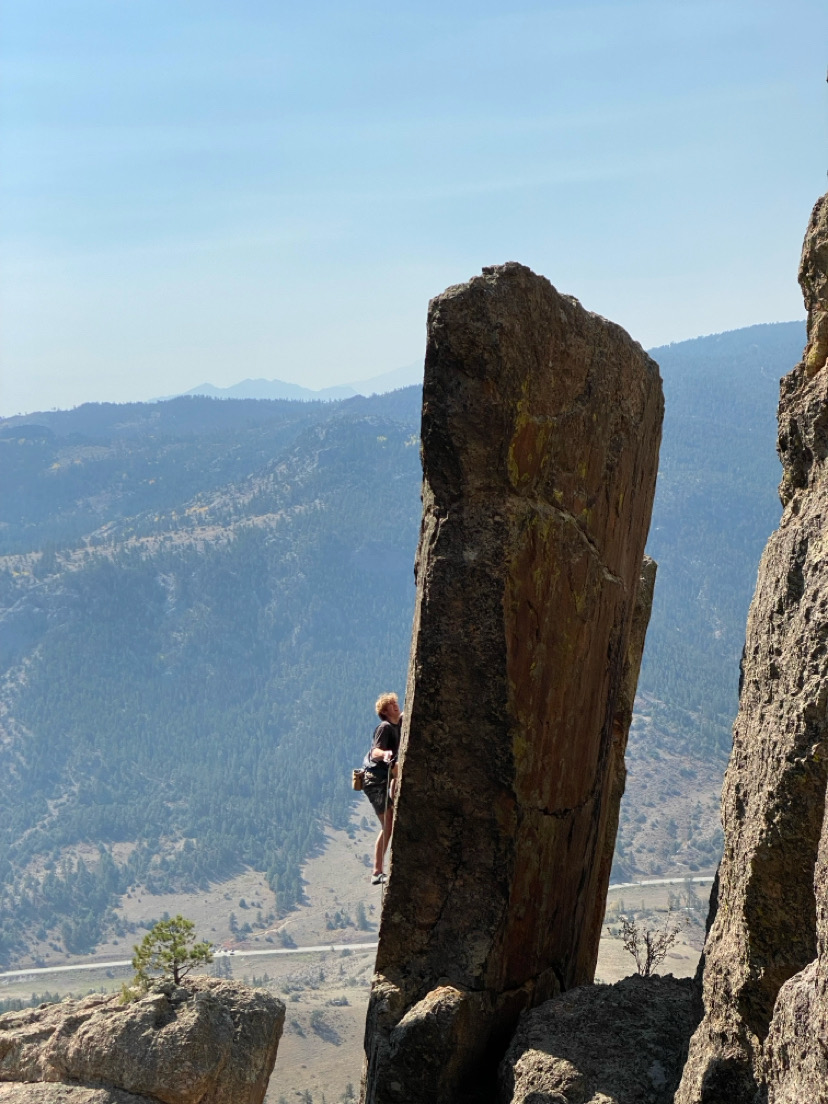
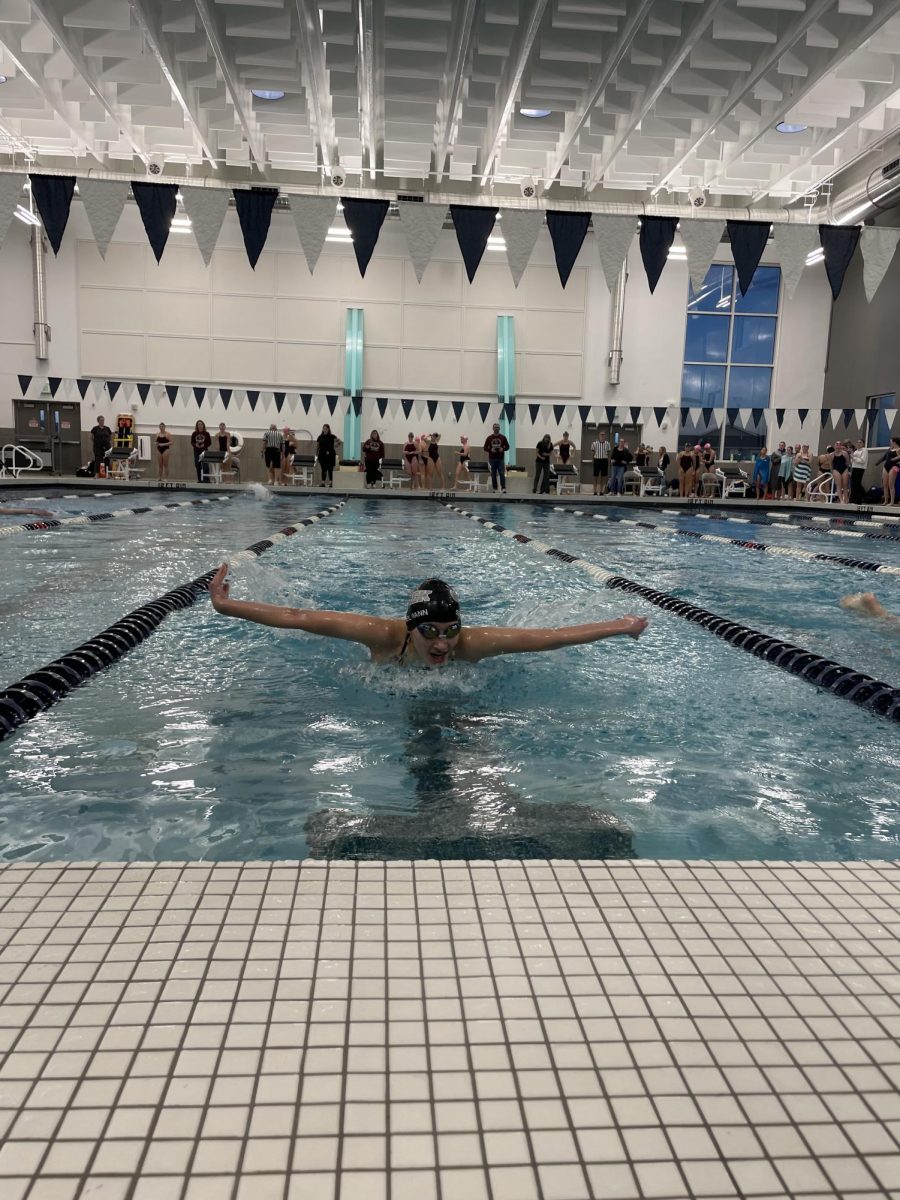
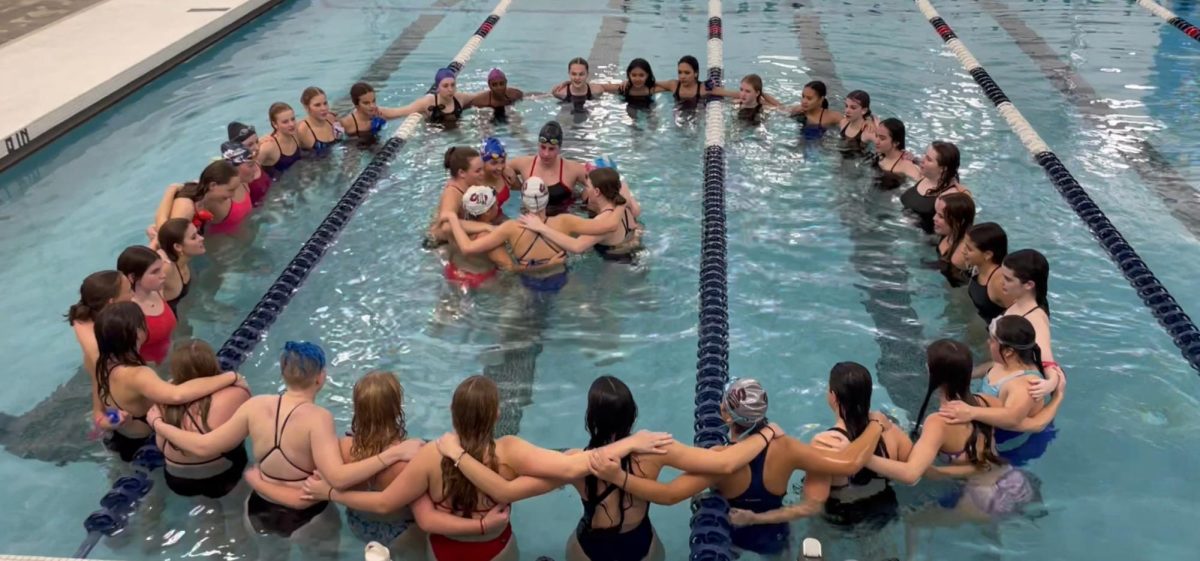
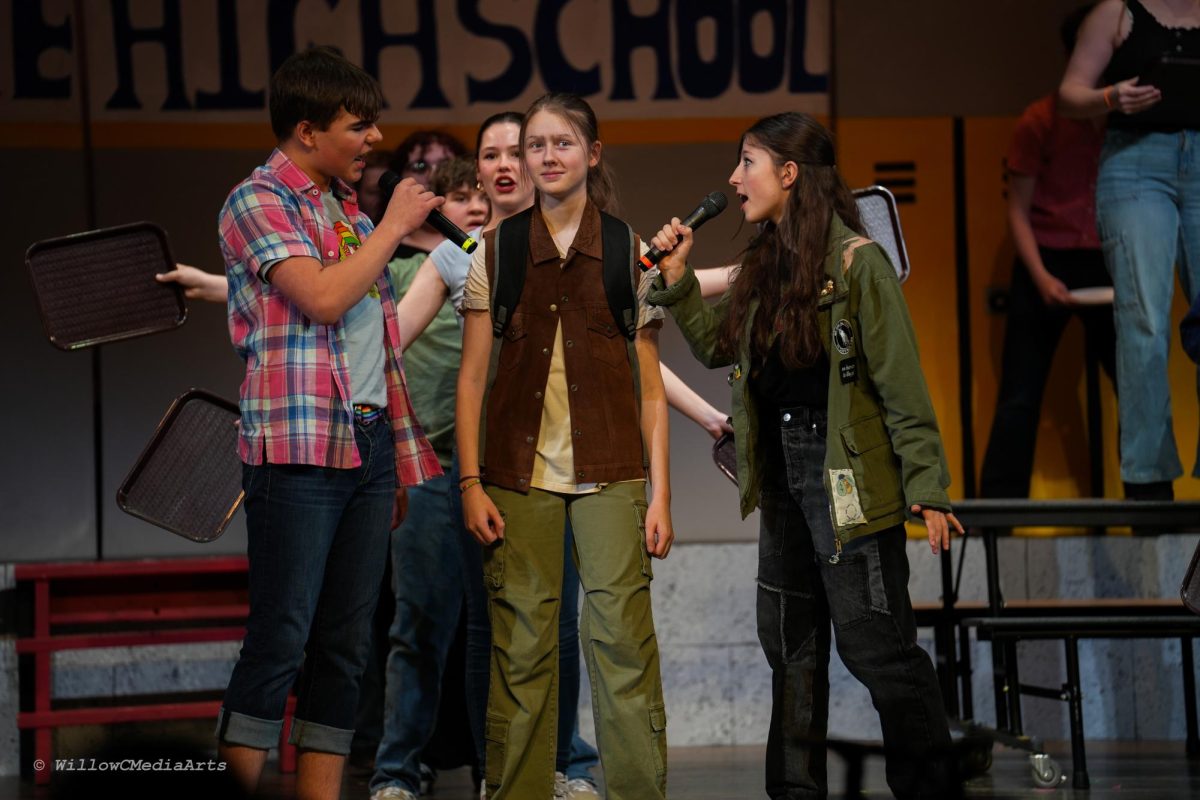
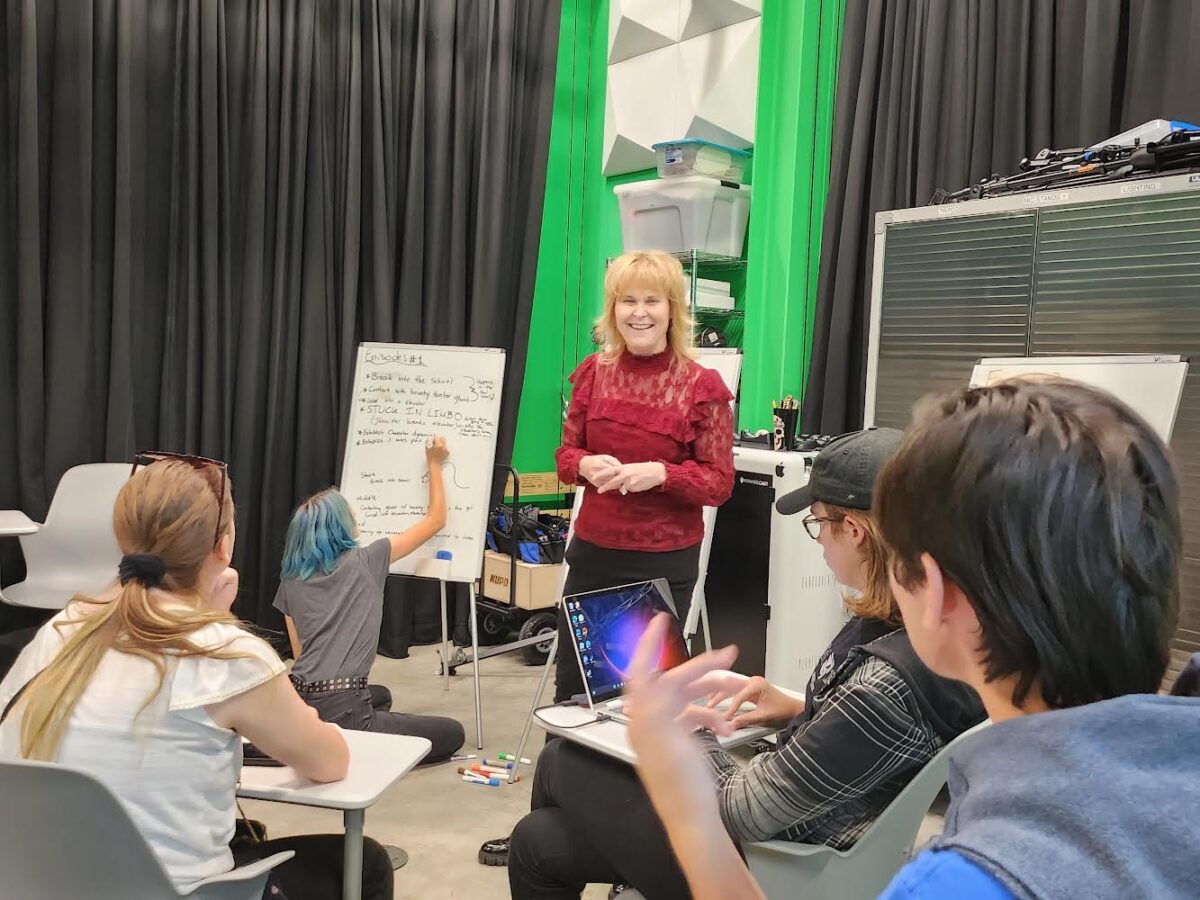

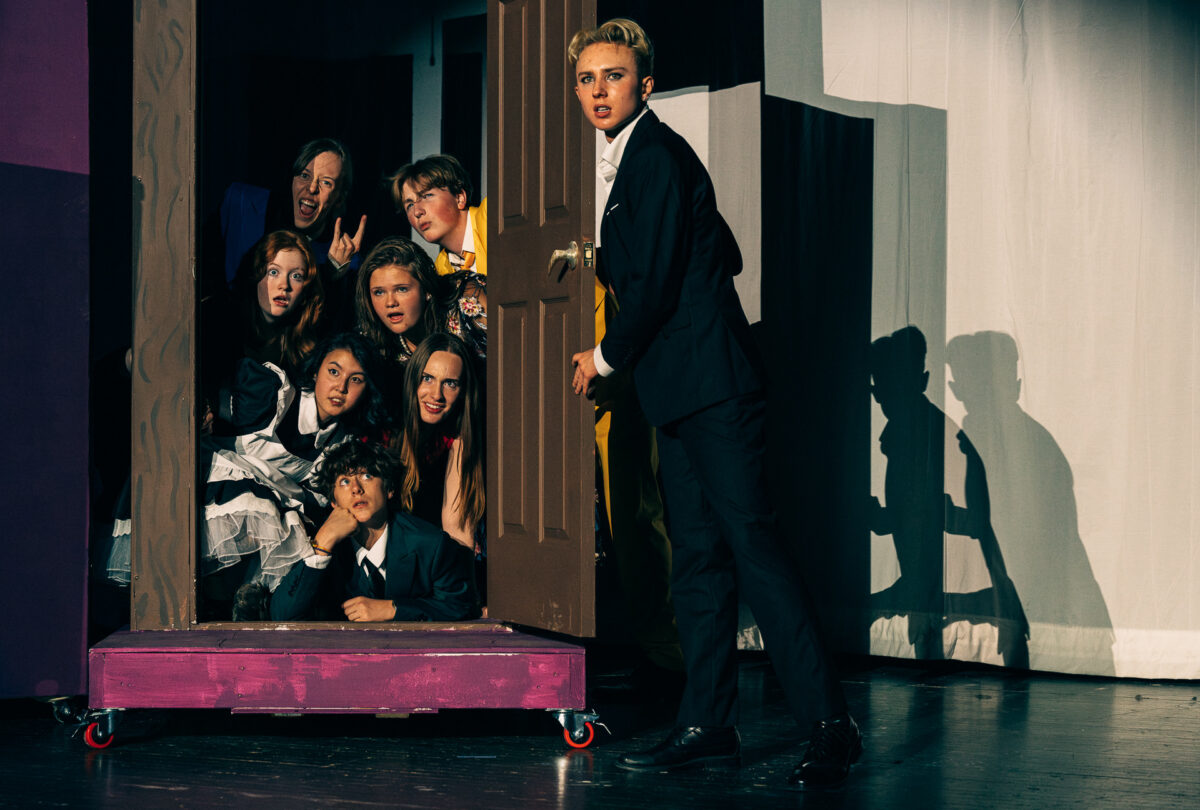
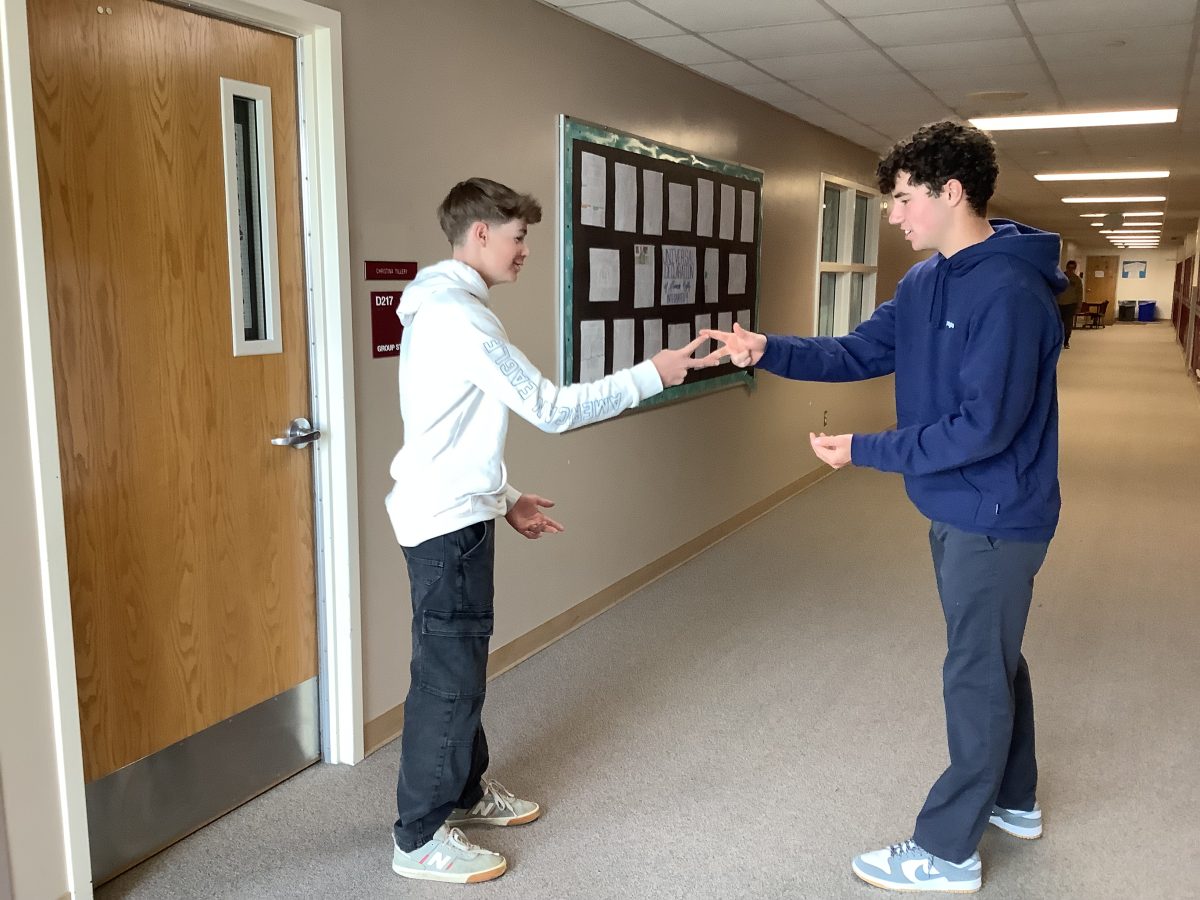
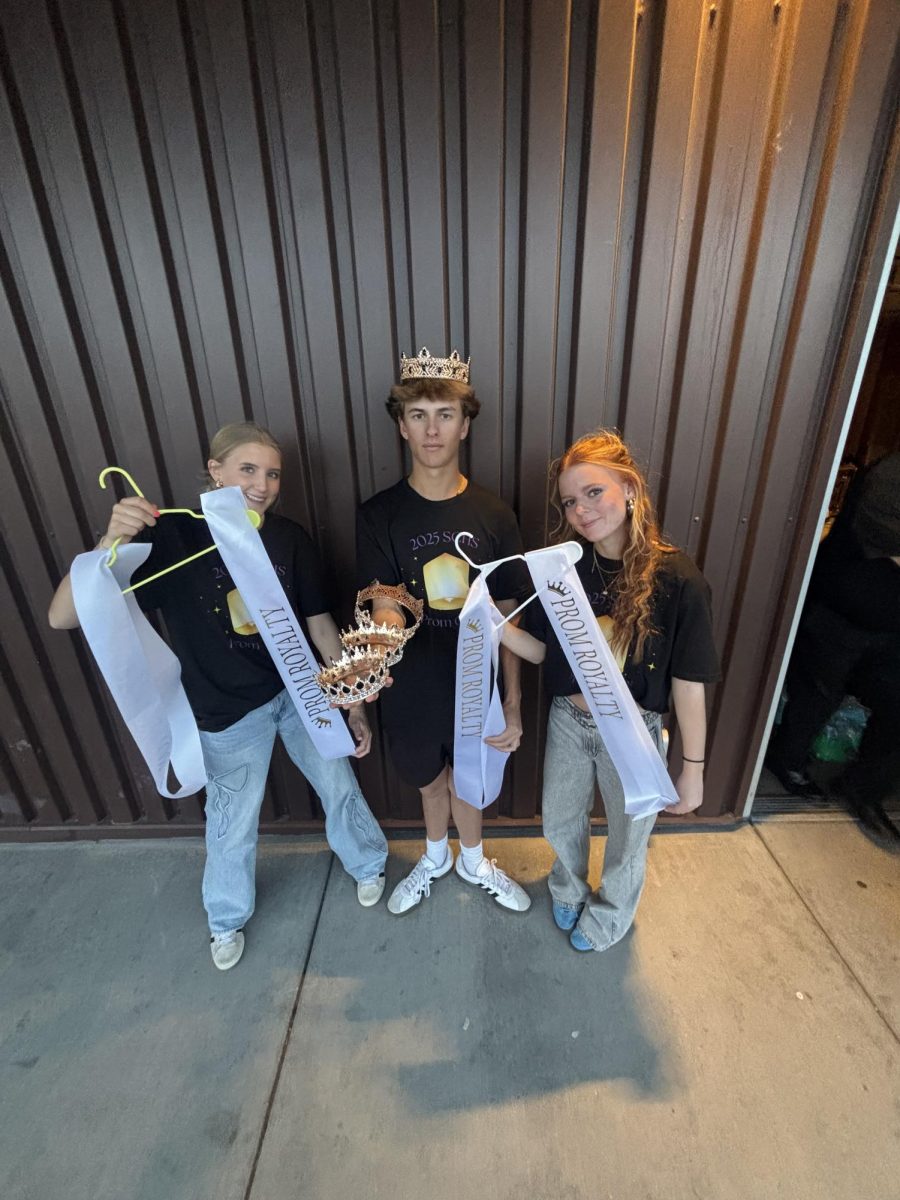
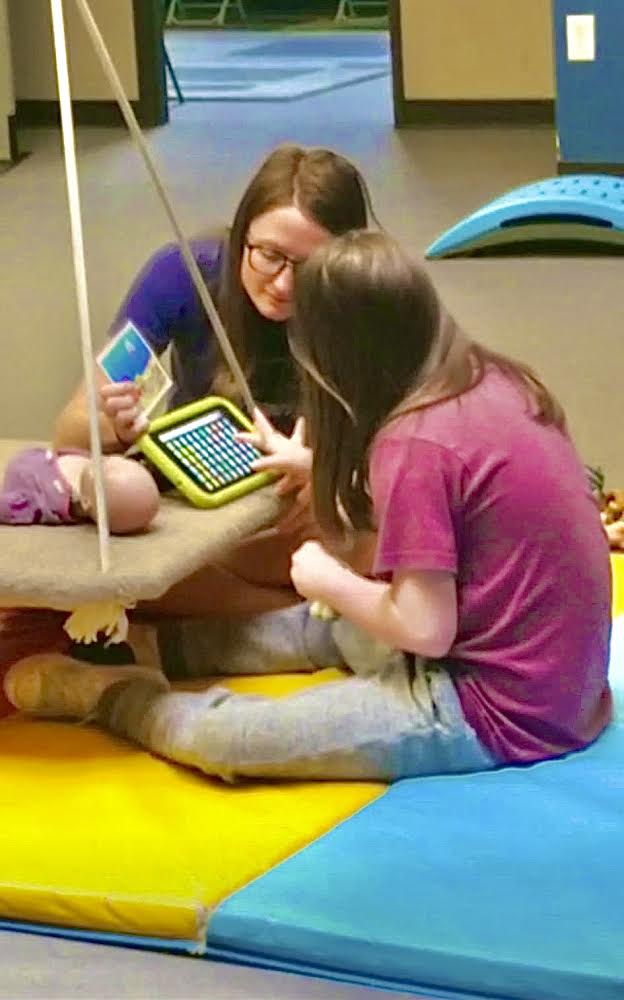
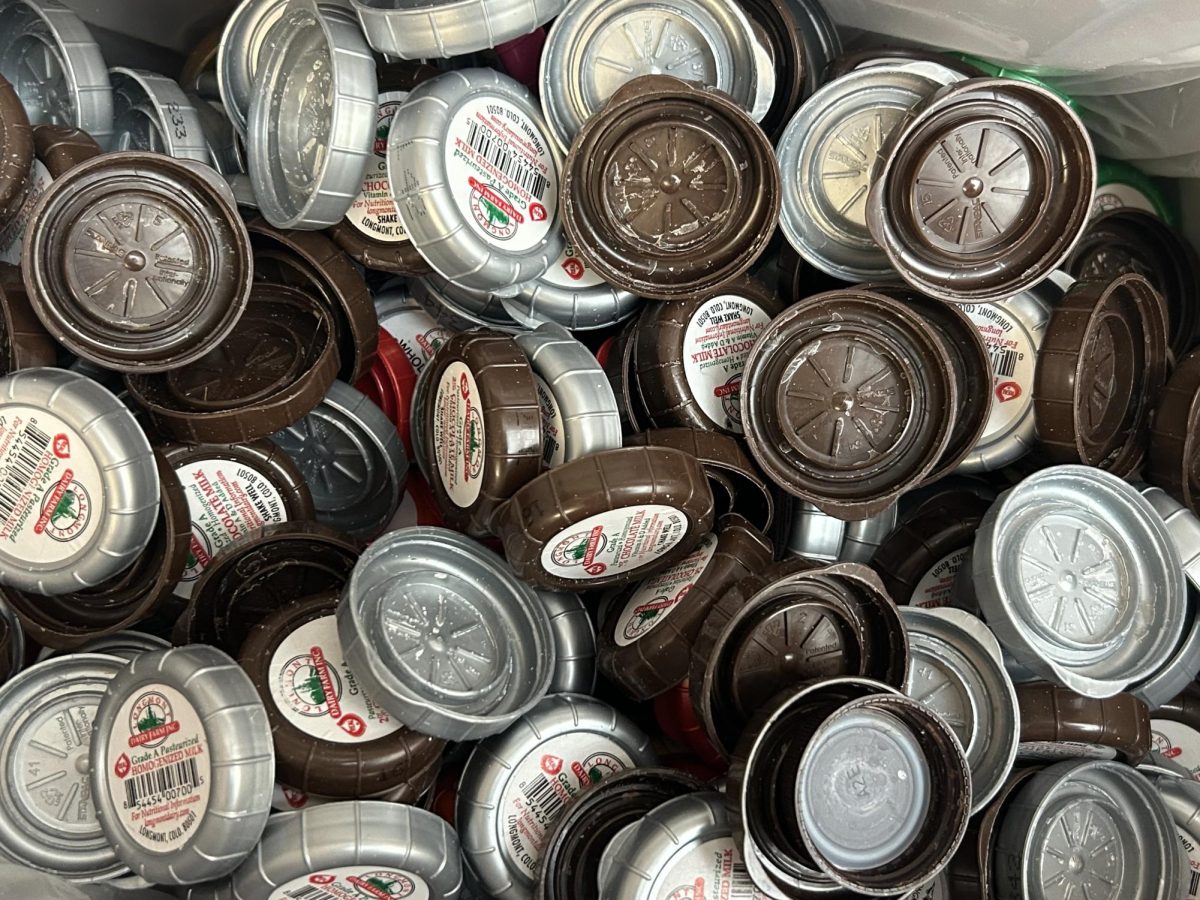
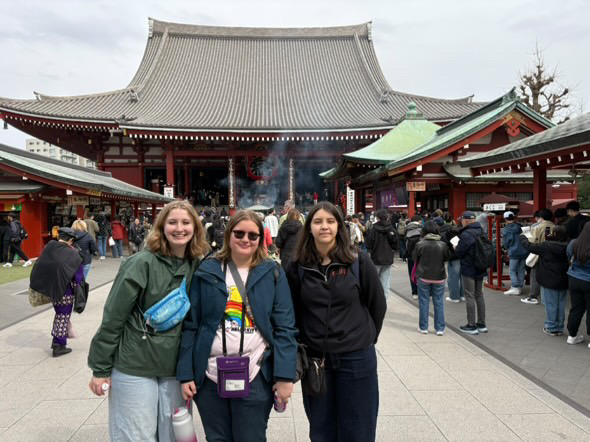
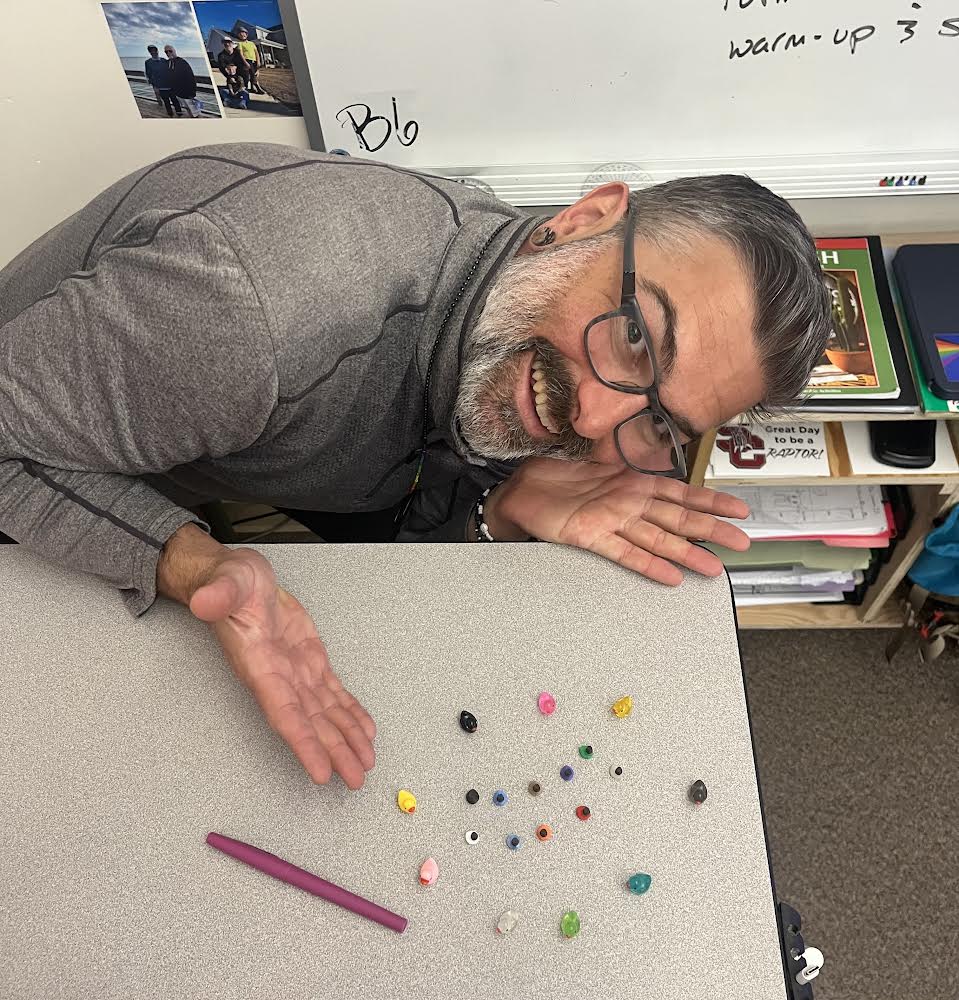
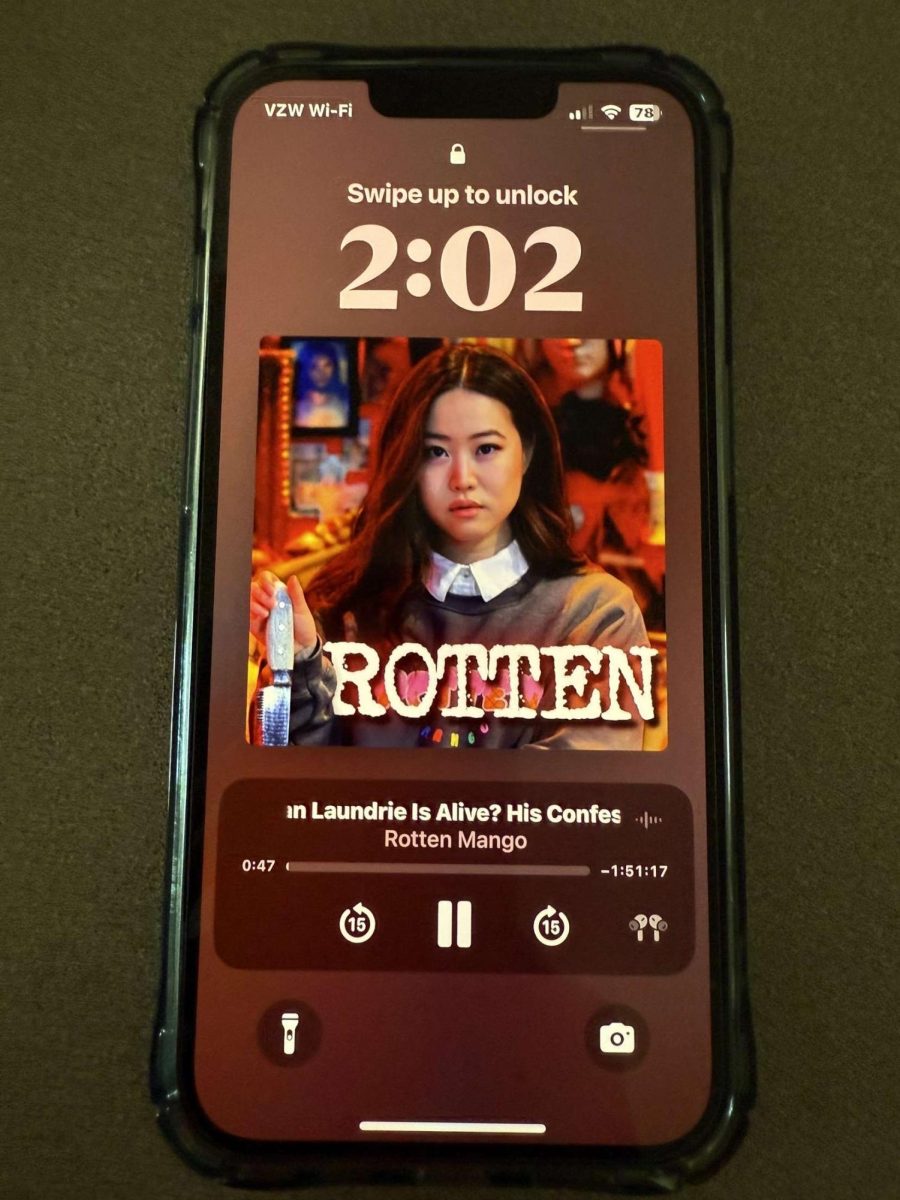
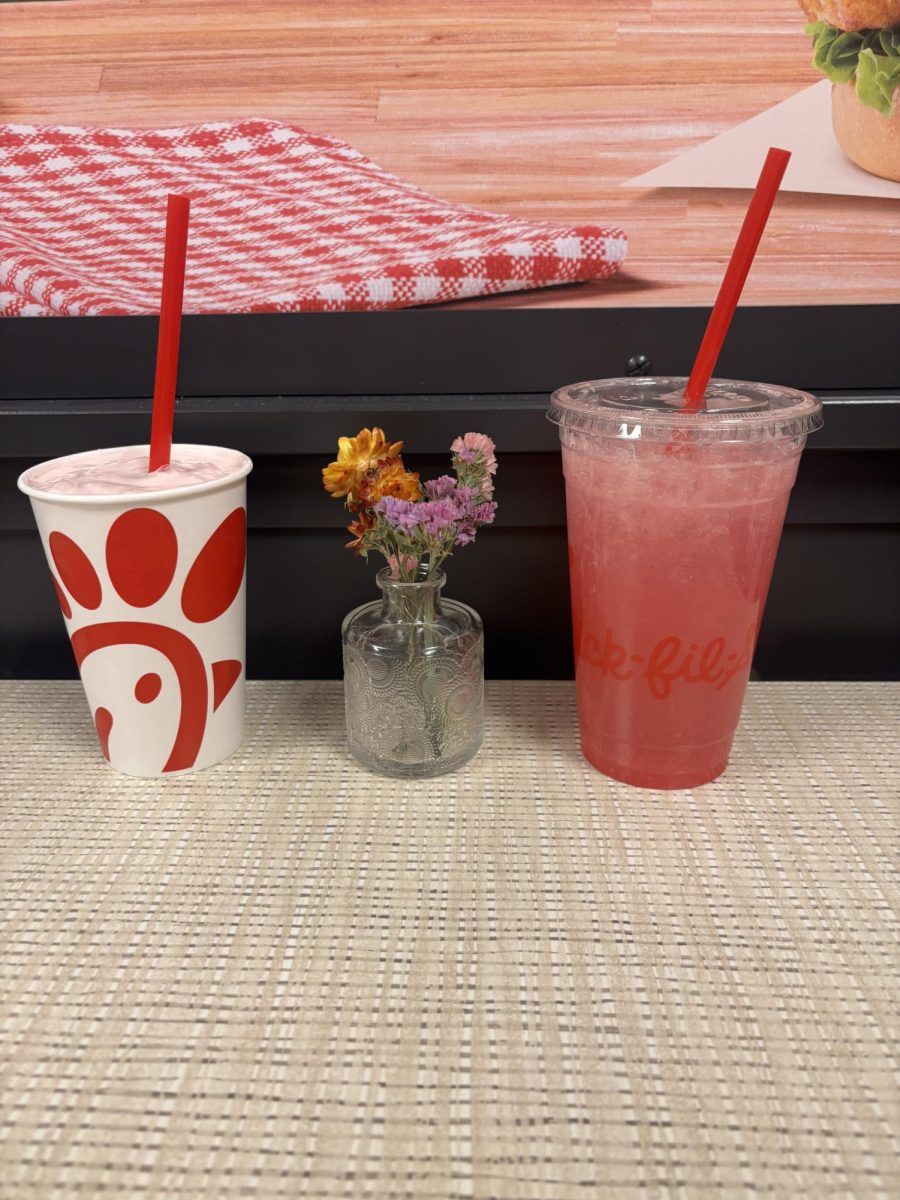
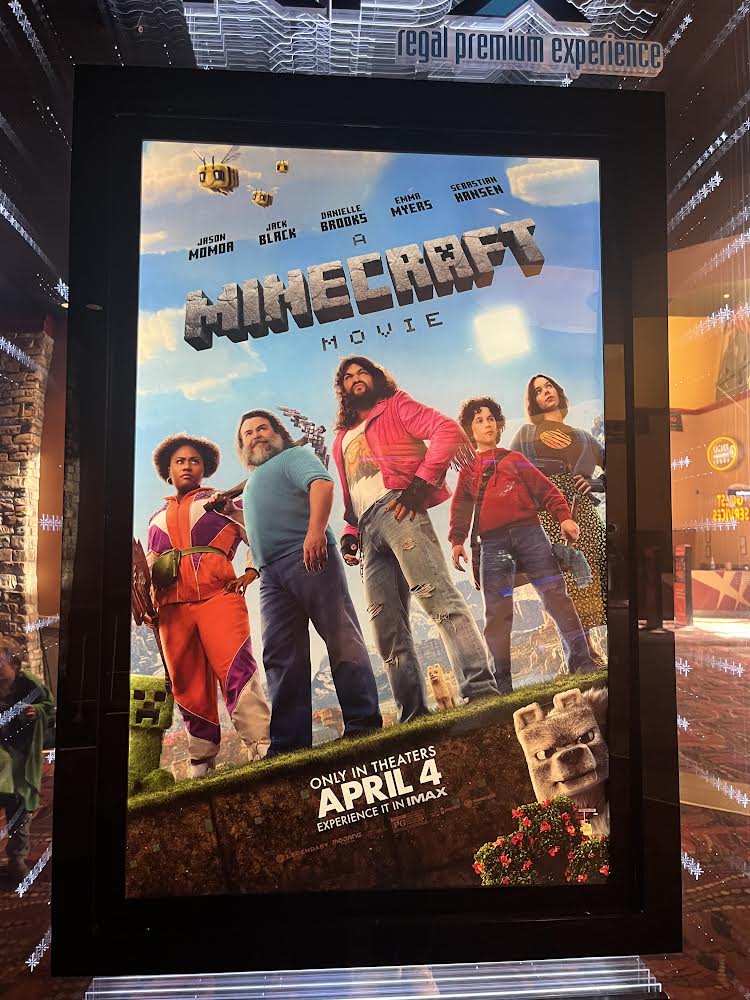
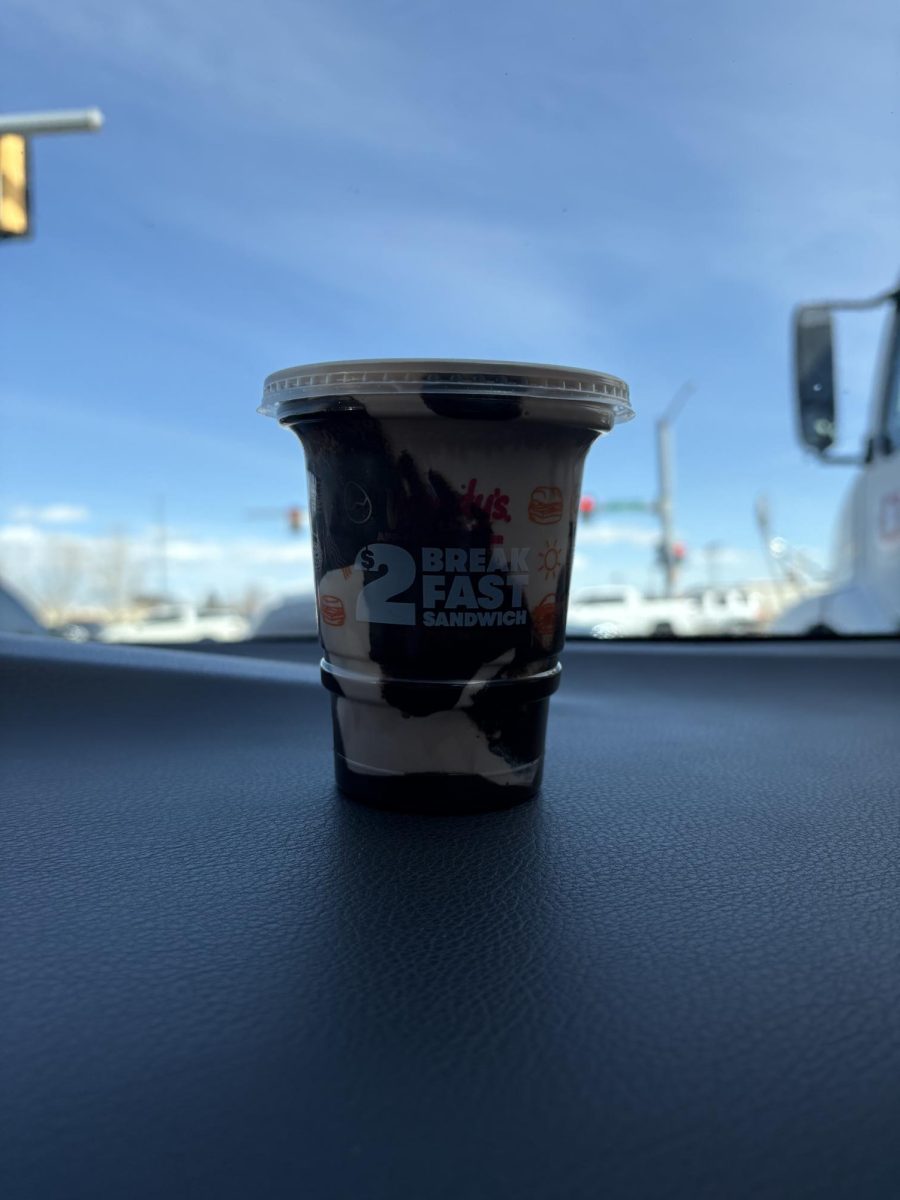

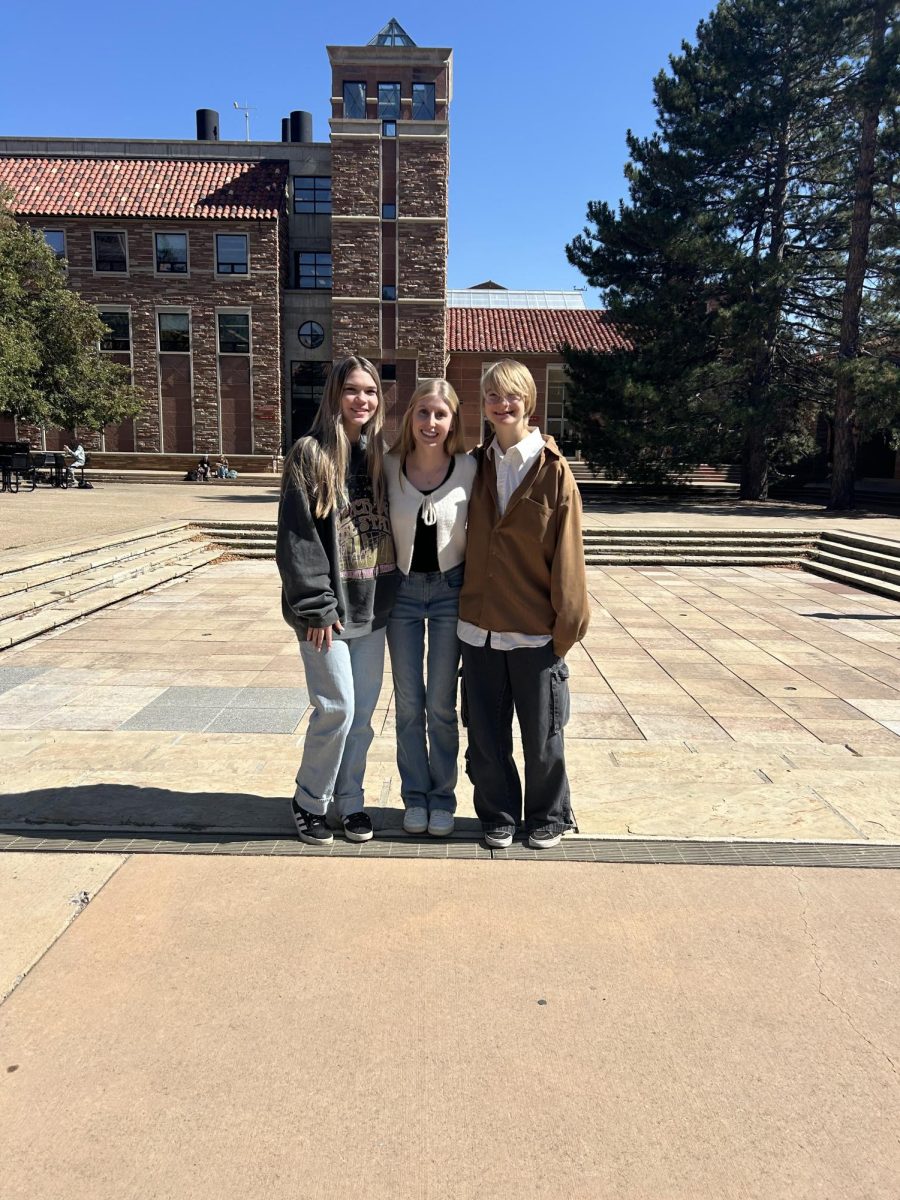
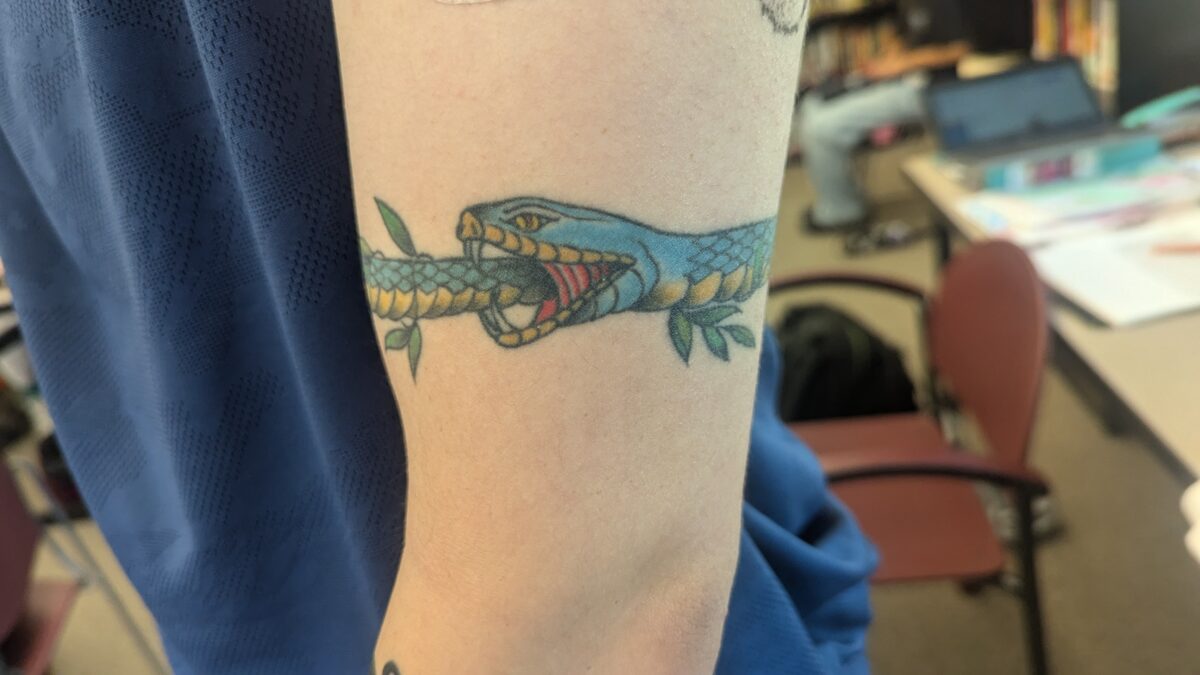
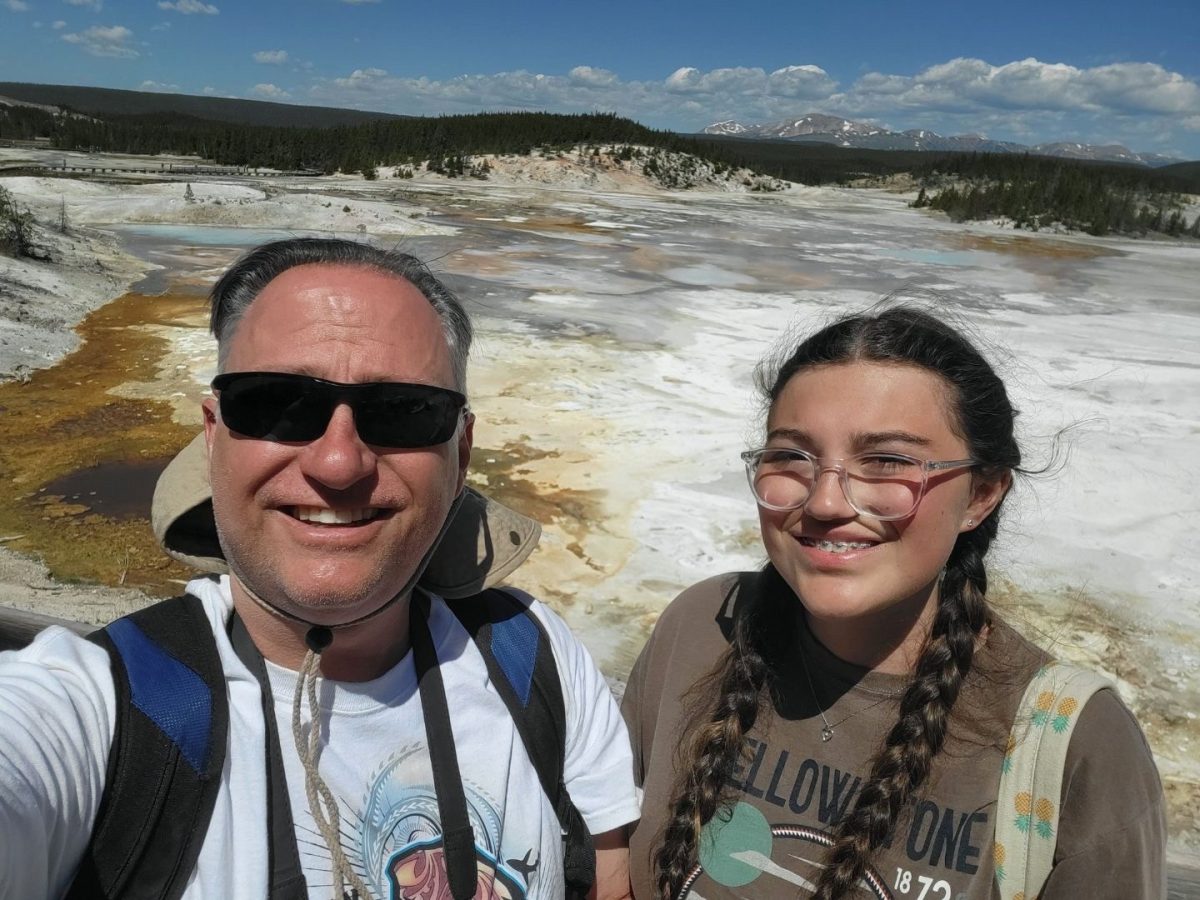
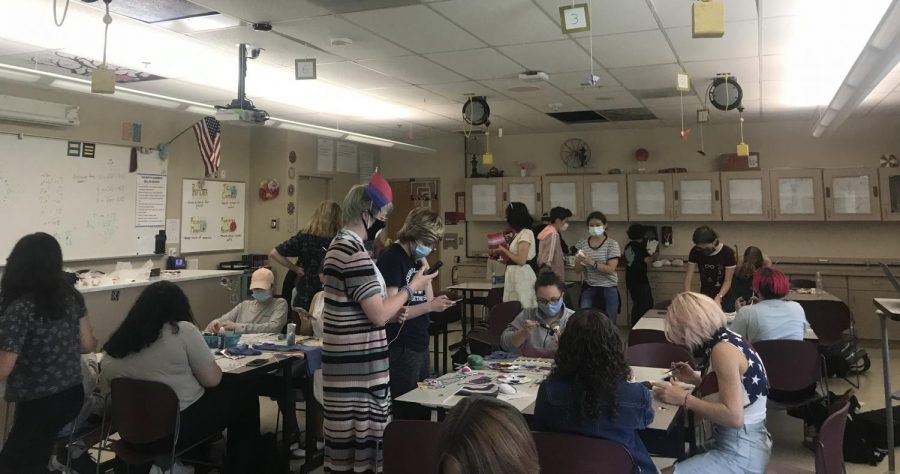
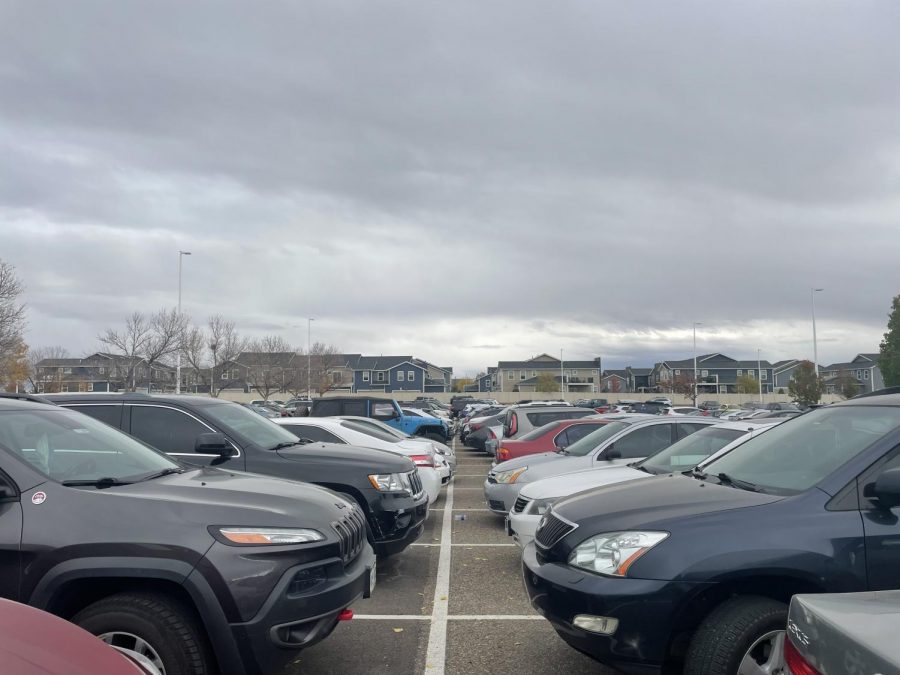
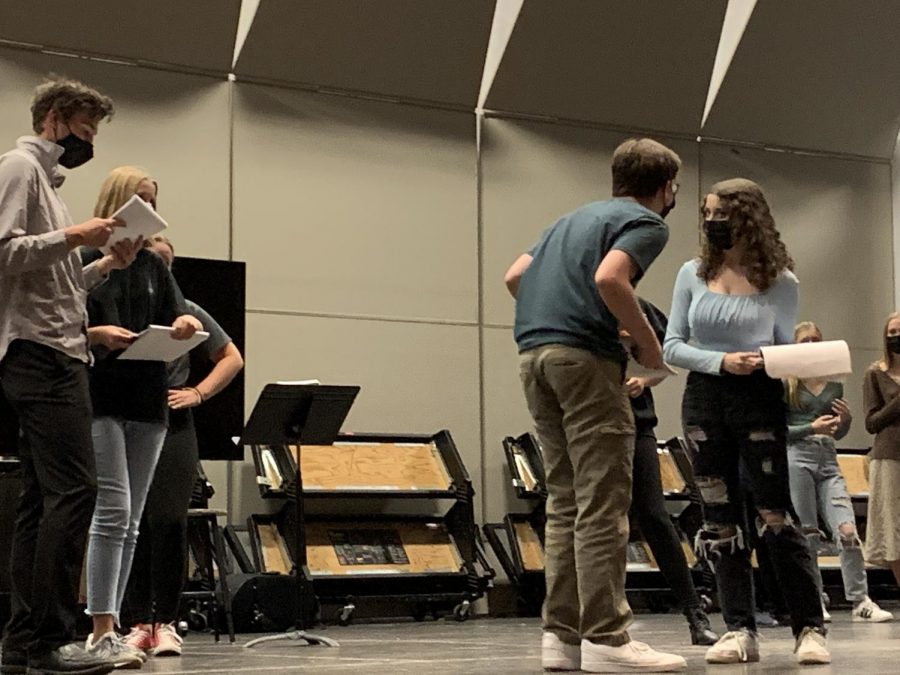
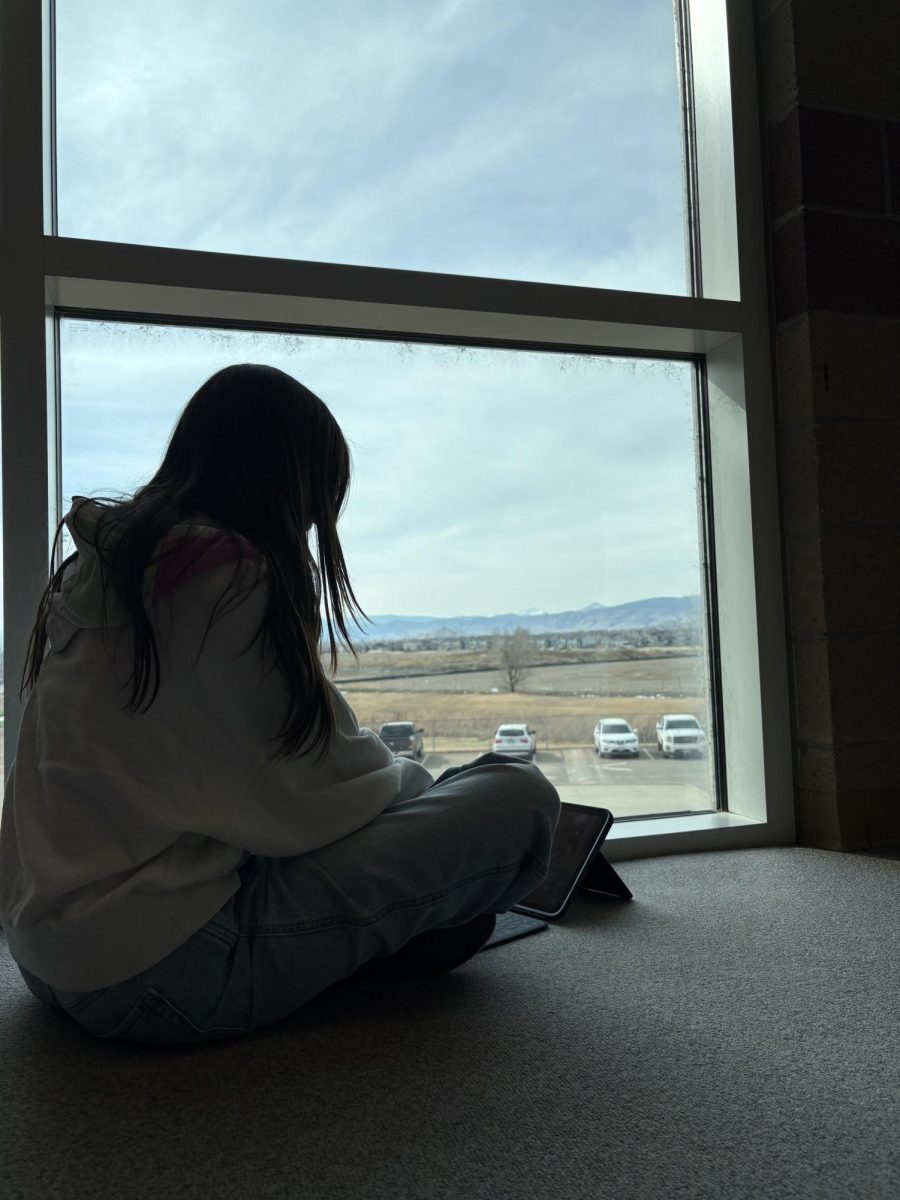
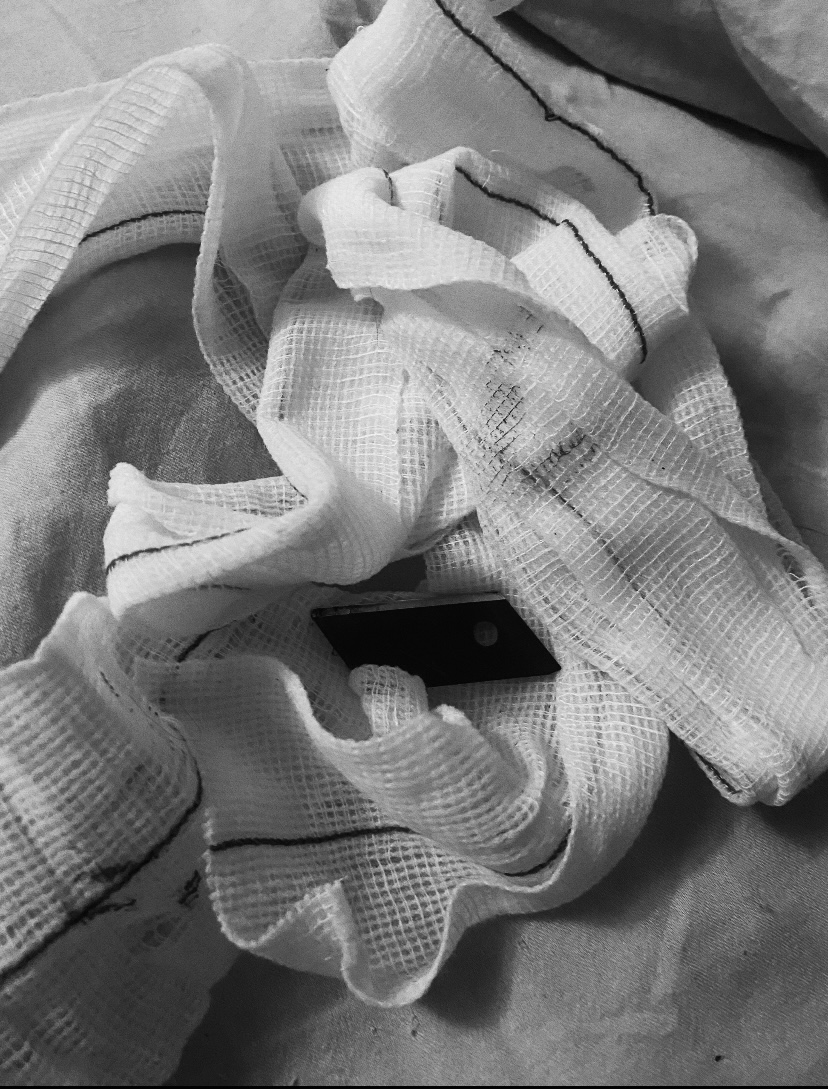
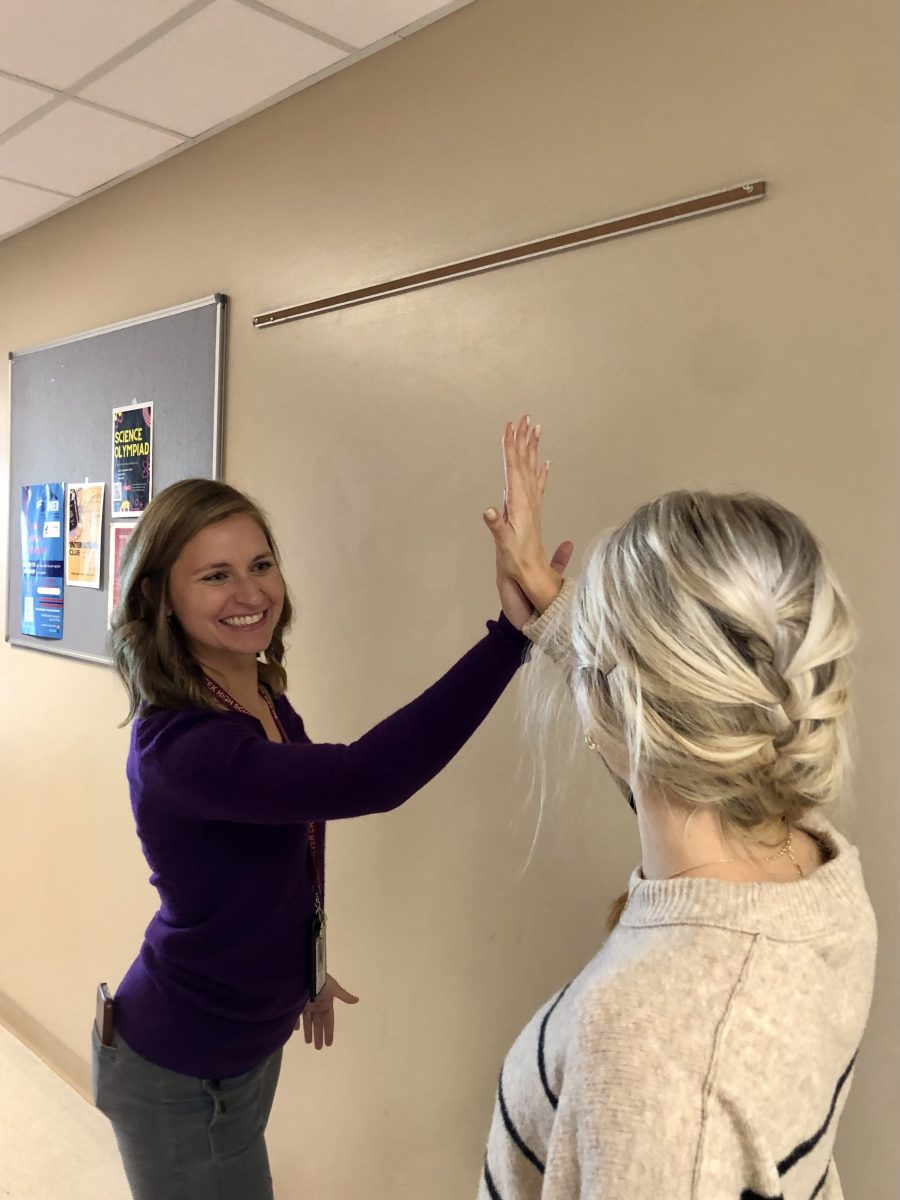
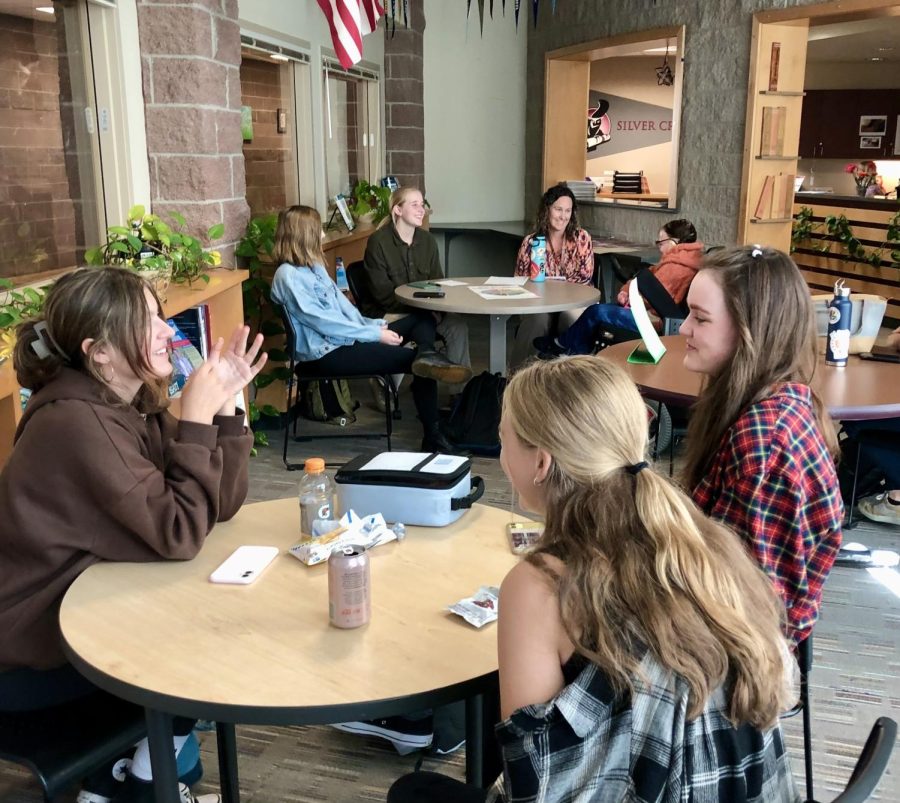
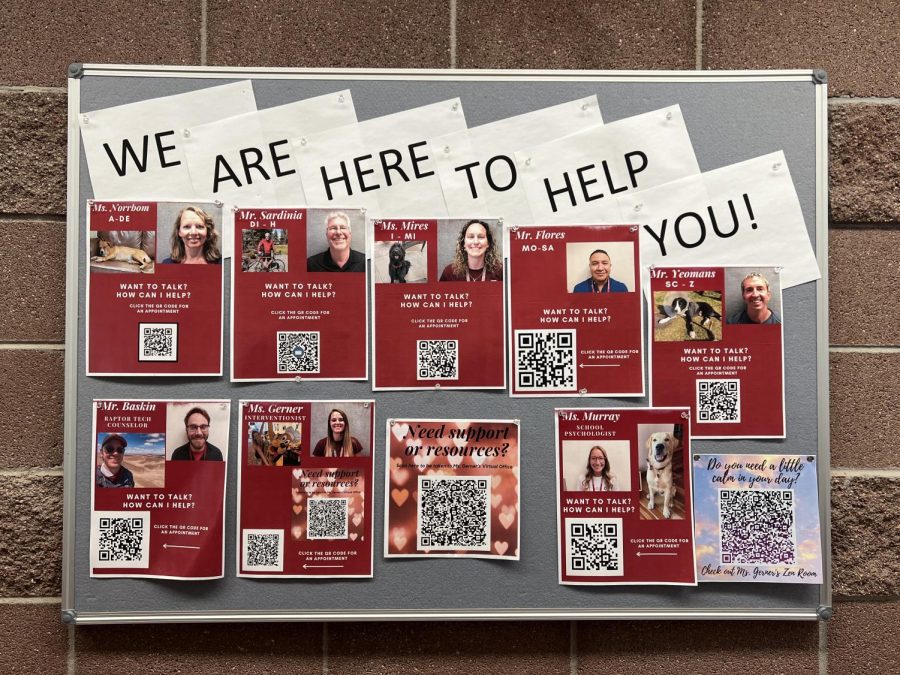
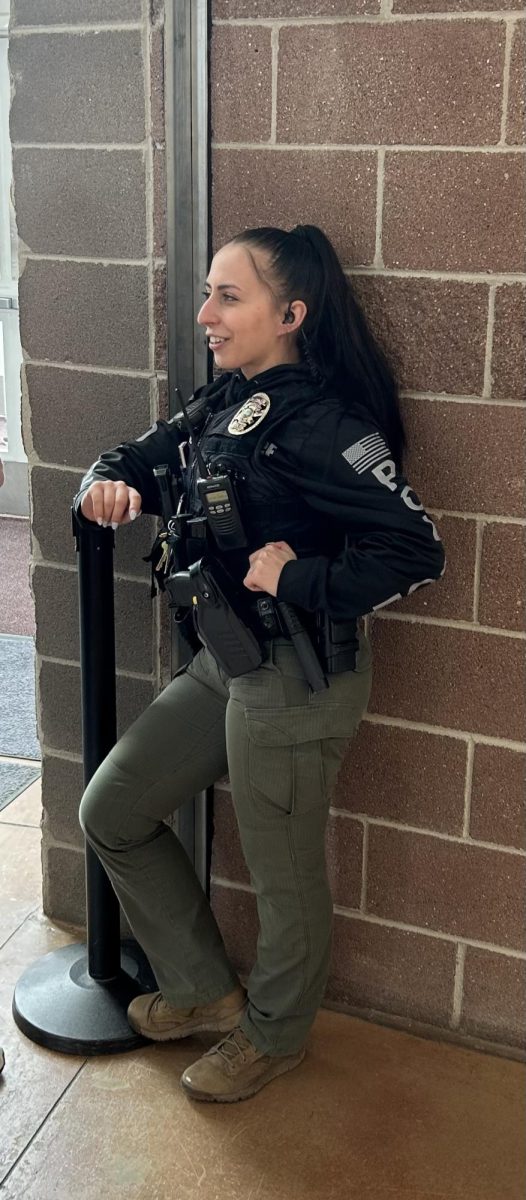
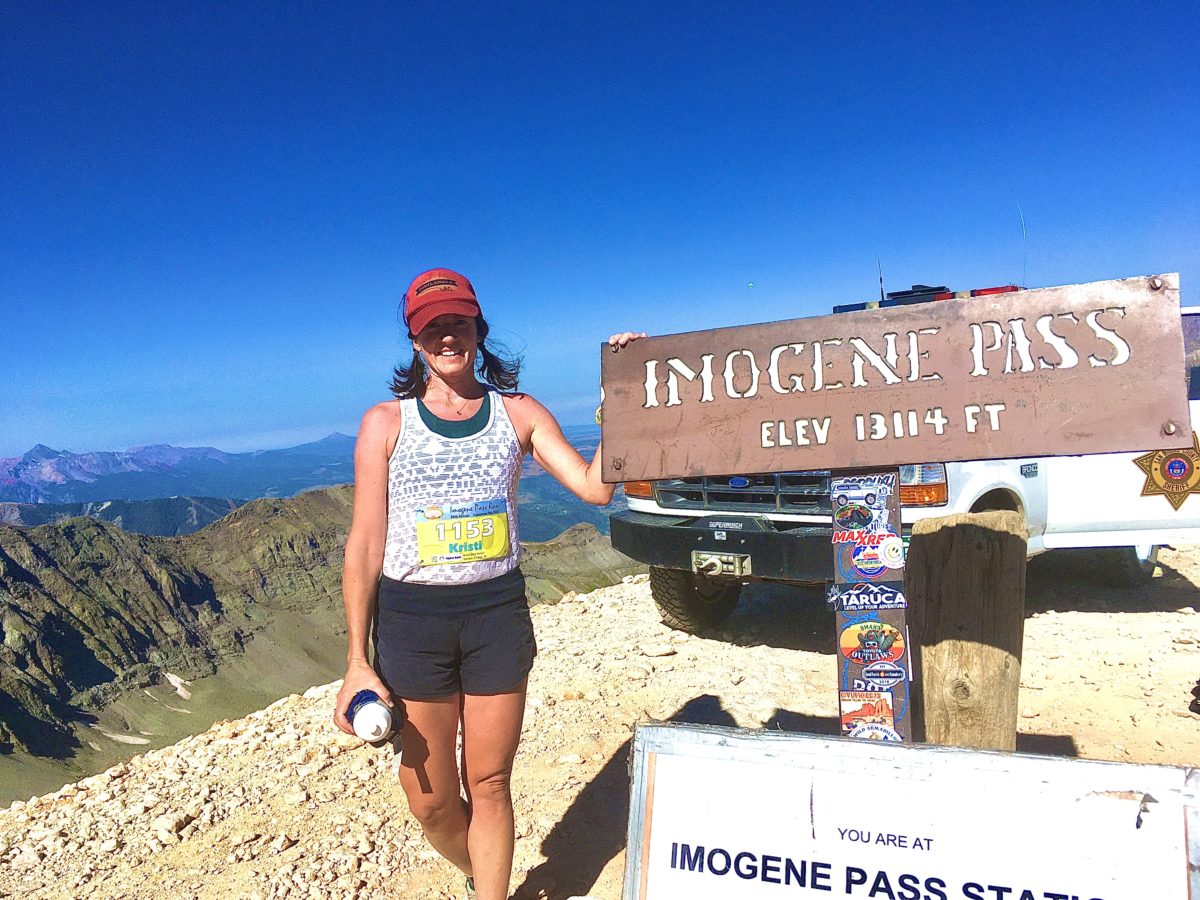
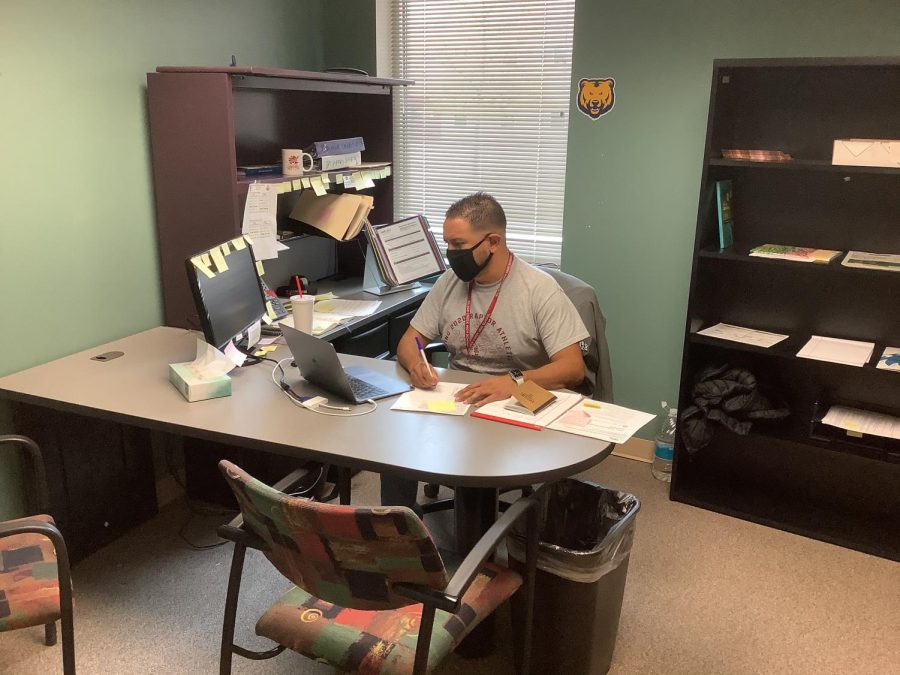
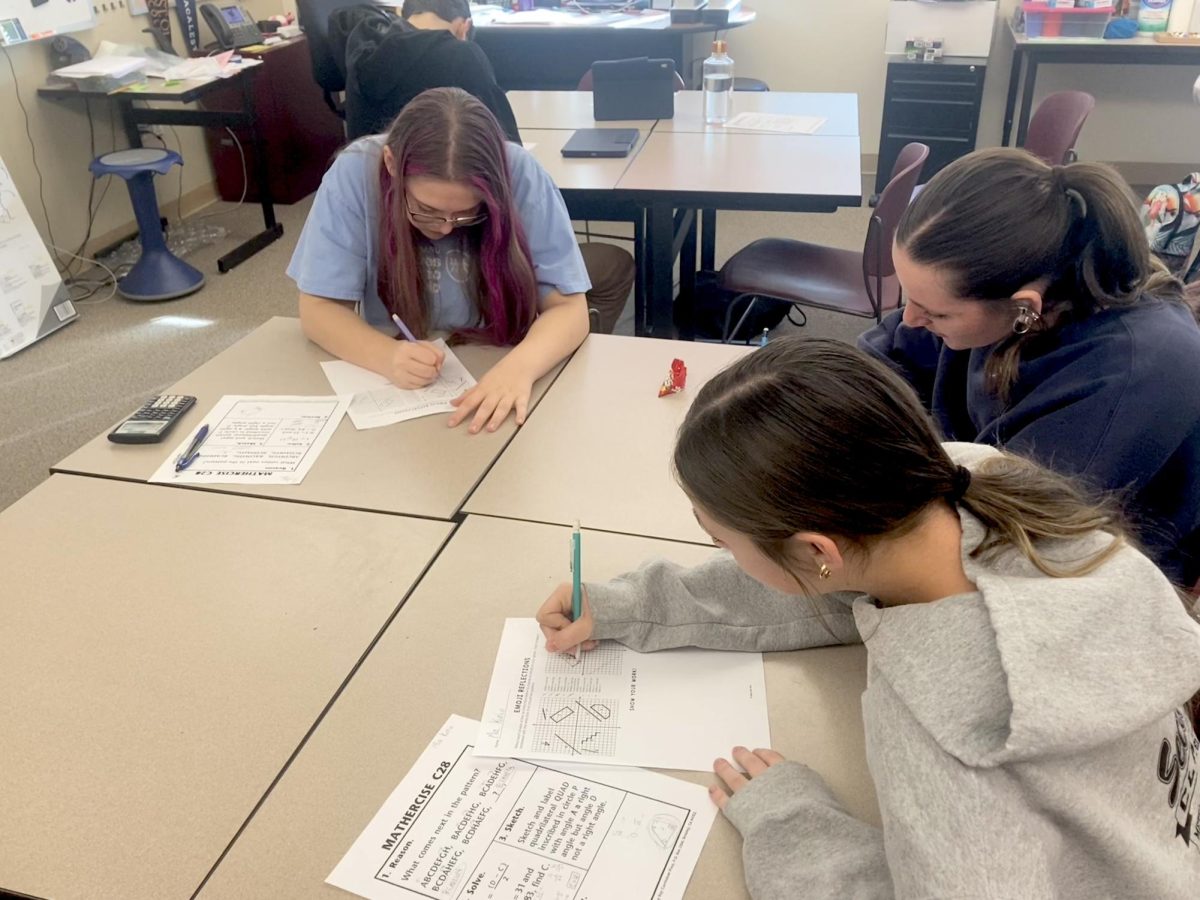
![Hosting the SCLA Casptone Mentor Dinner outside allowed for more attendees on September 27, 2021 at Silver Creek. This event would’ve usually been held inside. According to Lauren Kohn, a SCLA 12 teacher, “If we have a higher number of people, as long as we can host the event outside, then that seems to be keeping every[one] safe”.](https://schsnews.org/wp-content/uploads/2021/11/sxMAIGbSYGodZkqmrvTi5YWcJ1ssWA08ApkeMLpp-900x675.jpeg)
